Don’t want to read through the full article? Watch our quick 2-minute digest below about the top life insurance companies in Canada.
Find Your Best Life Insurance in Canada
There are dozens of insurance companies operating in Canada right now, which means you’re spoiled for choice for life insurance policies. However, the wealth of choice often leads to confusion because you just don’t know which one to pick.
We’ve compiled a list of Canada’s top life insurance companies to make insurance shopping easier. You can use My Choice to compare rates between these insurance companies; then, you can either buy a policy online or use our site to connect with a top brokerage. The companies are listed in alphabetical order.
| Life Insurance Provider | Average Online Rating | Key Features |
|---|---|---|
| American Income | 4.9/5 | Wide selection of insurance products |
| Assumption Life | 3.3/5 | Excellent insurance coverage variety, robust no-medical policy options |
| Beneva | 4.7/5 | Term life insurance up to 40 years, flexible policies |
| BCAA | 4.1/5 | Short-term life insurance options, variable coverage amounts |
| BMO Insurance | 3.1/5 | Wide selection of insurance investment options, low-rate term policies |
| Canada Life | 4.7/5 | Coverage available until 85, term insurance convertible at an old age |
| Canada Protection Plan (CPP) | 3.9/5 | Fast approval, easy online applications |
| Canada Premier/Securian | 2.9/5 | High claim payment percentage |
| UV Insurance | 3.0/5 | Flexible insurance policies, a wide range of group life insurance coverage options |
| CIBC Insurance | 4.8/5 | Online quotes and applications, convertible policies |
| Industrial Alliance | 4.5/5 | Term life insurance up to 40 years, flexible policies |
| CUMIS | 3.8/5 | Wide policy selection |
| Desjardins | 3.5/5 | Numerous agent locations, wide selection of insurance products |
| Empire Life | 4.3/5 | Competitive insurance rates, good product selection |
| Equitable Life | 3.8/5 | Combined life and critical illness insurance, flexible policies |
| Foresters | 3.2/5 | Term life insurance up to 40 years, flexible policies |
| Specialty | 4.2/5 | No-medical life insurance, great for seniors |
| Co-operators | 4.8/5 | Great online services, useful tools like life insurance calculator |
| Humania | 3.5/5 | Quick application processing, term insurance extensions |
| Ivari | 2.6/5 | Term life insurance up to 30 years, single or joint policies |
| Manulife | 3.5/5 | Fast policy approvals, robust online service |
| Blue Cross | 2.5/5 | Small coverage support, customizability |
| Primerica | 4.8/5 | Customizable policies, financial education |
| RBC Insurance | 4.4/5 | Insurance renewability and convertibility |
| Scotia Insurance | 2.4/5 | Flexible premium payments, level premiums |
| Sun Life | 3.5/5 | Succession planning, large dividend scale |
| Wawanesa | 3.6/5 | Strong physical presence, renewable term policies |
Which Life Insurance Company Should You Choose?
In the diverse landscape of life insurance companies, several stand out in their respective categories, catering to the unique needs of various demographics.
Please note that these recommendations are based solely on our research provided below, and it’s always advisable to conduct further personal research or consult with a financial advisor before making a final decision on which life insurance company to choose.
American Income
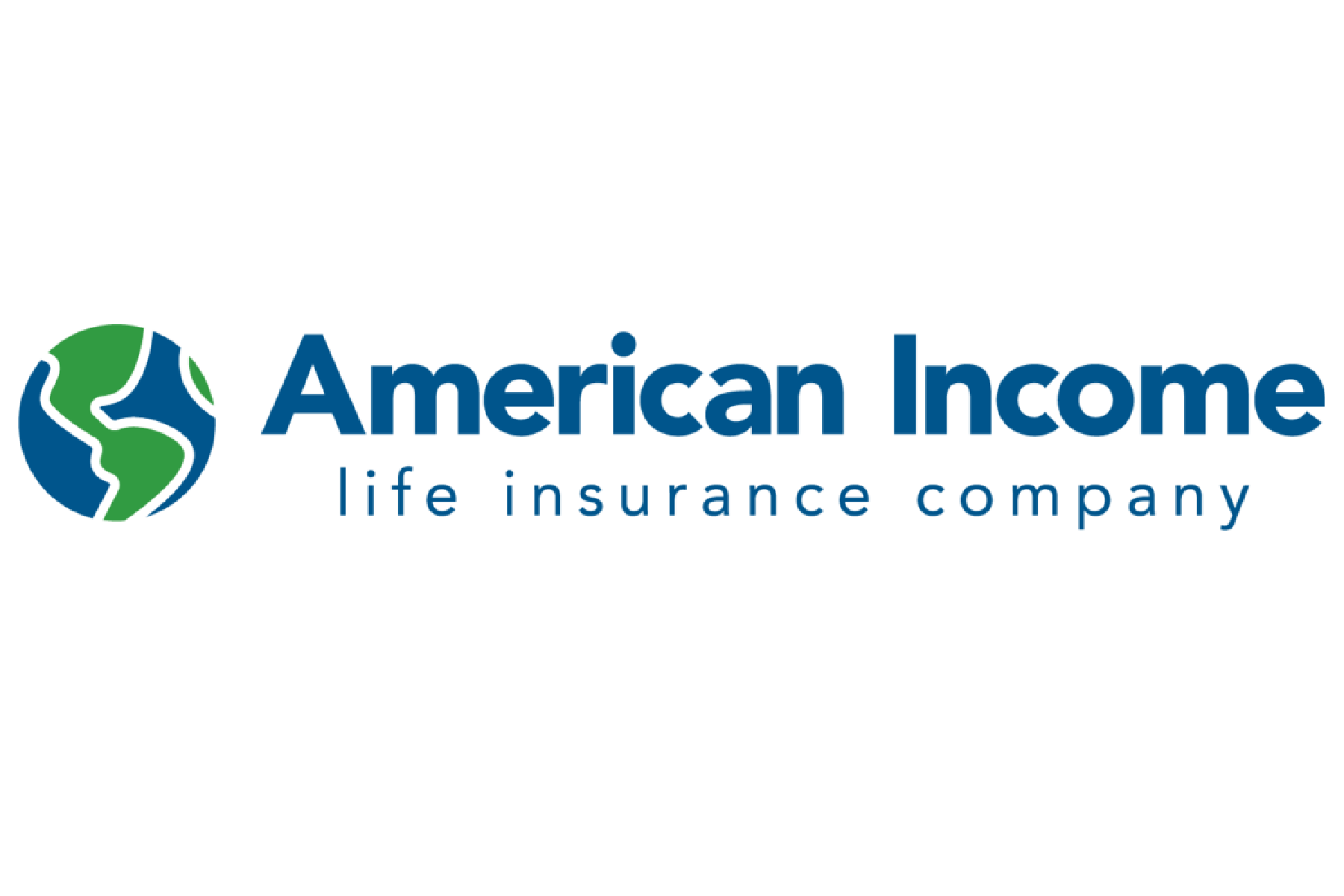
Key Features: Wide selection of insurance products
American Income seems to have a small Canadian presence, so there isn’t much information about it. However, it offers many types of coverage in addition to life insurance, like accidental death and dismemberment, as well as supplemental health.
| Pros | Cons |
|---|---|
| Various coverage options | Limited information available online |
Assumption Life
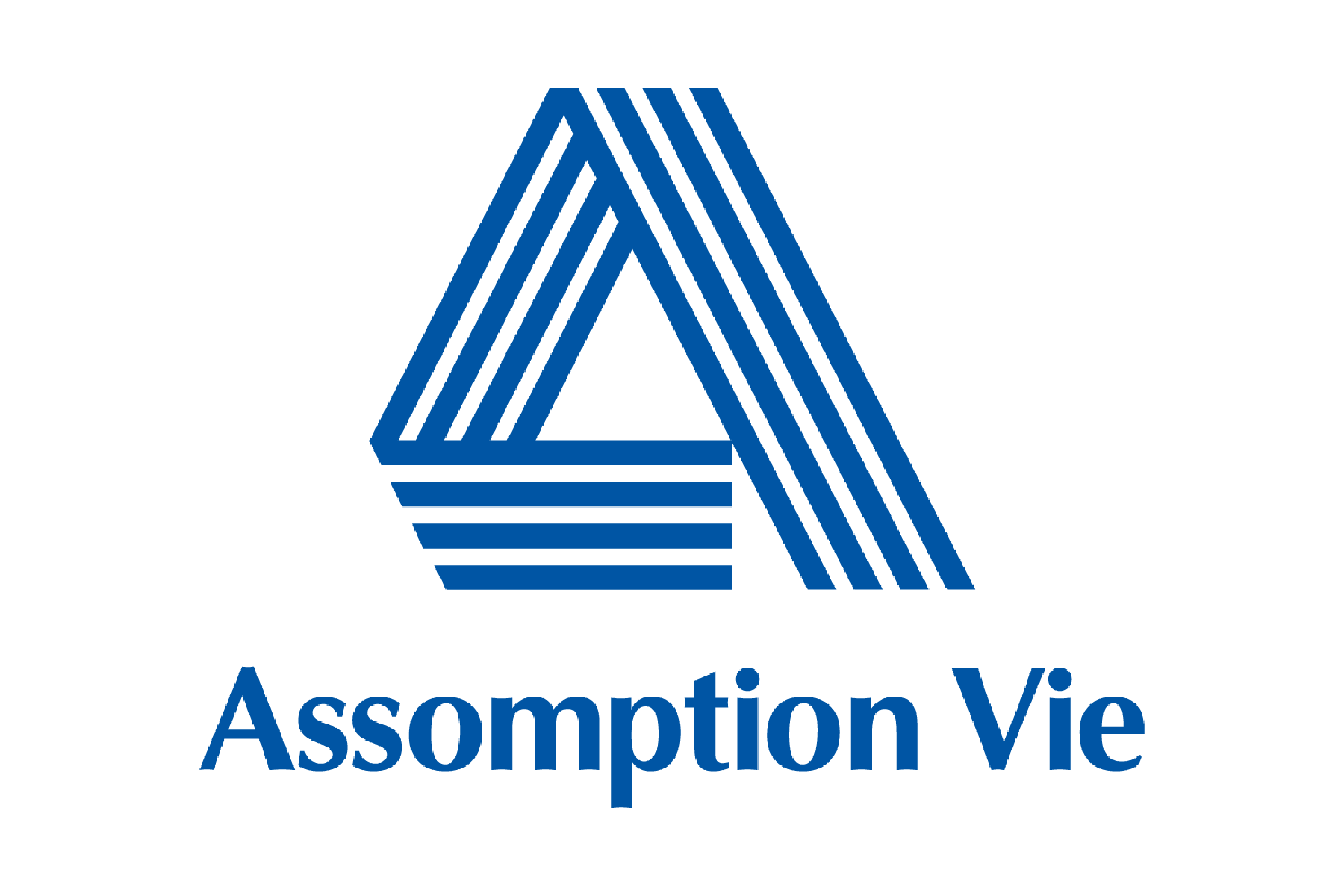
Key Features: Excellent insurance coverage variety, robust no-medical policy options
Assumption Life is great for people with pre-existing medical coverage because it offers a variety of no-medical and simplified life insurance policies. However, it also provides numerous other types of life insurance for customers from all walks of life.
| Pros | Cons |
|---|---|
| Wide variety of life insurance types | Low caps on disability riders |
| Excellent no-medical life insurance options | Low critical illness coverage payouts |
Beneva
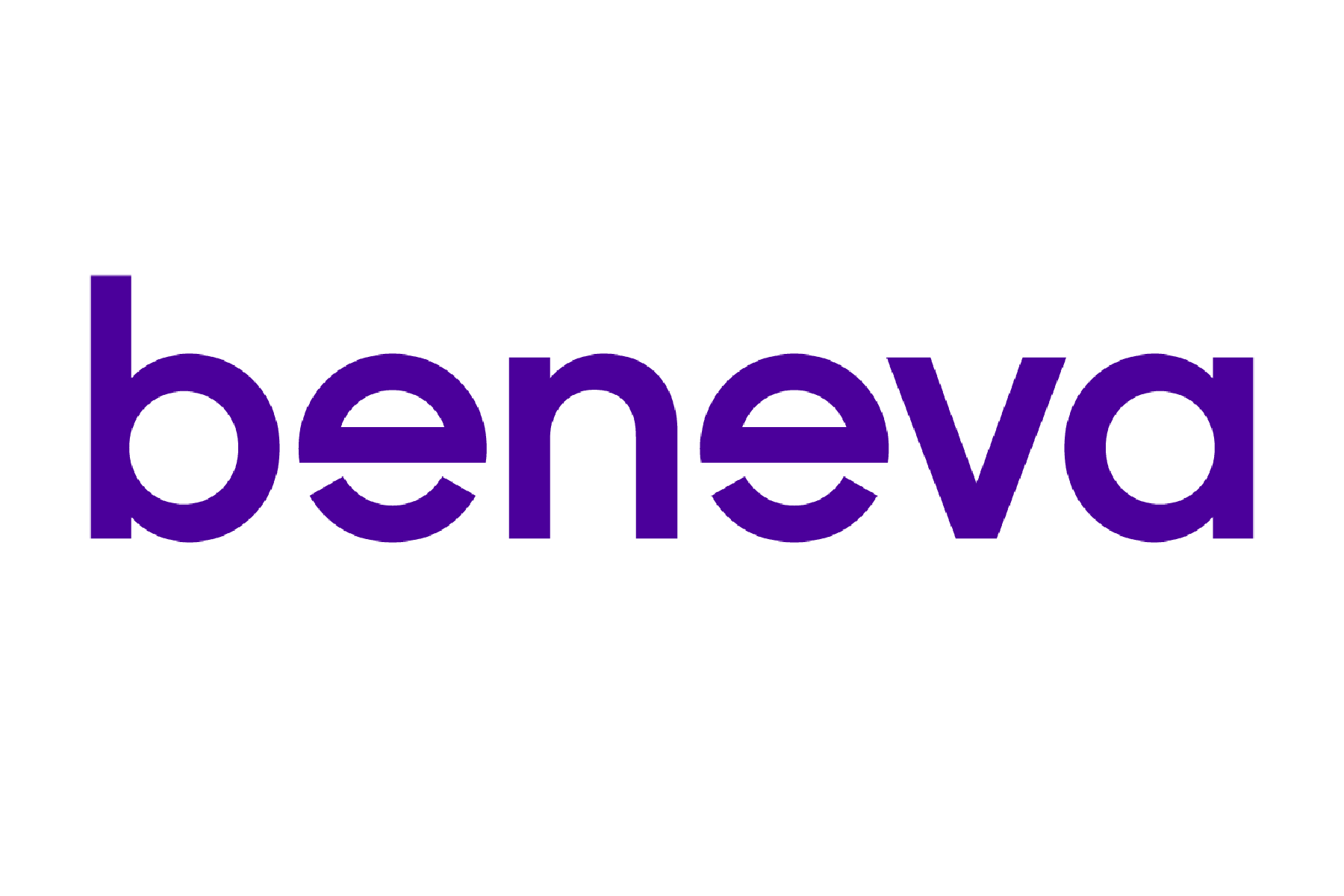
Key Features: Term life insurance up to 40 years, flexible policies
Beneva is a relatively new insurance company formed from the 2020 merger of La Capitale and SSQ Insurance. As the largest mutual insurance company, it provides a variety of policies for individuals as well as groups.
| Pros | Cons |
|---|---|
| Quick underwriting for smaller coverage amounts | High customer service call volumes and wait times |
| Automatic approval of critical illness coverage if you’re in good health |
BCAA
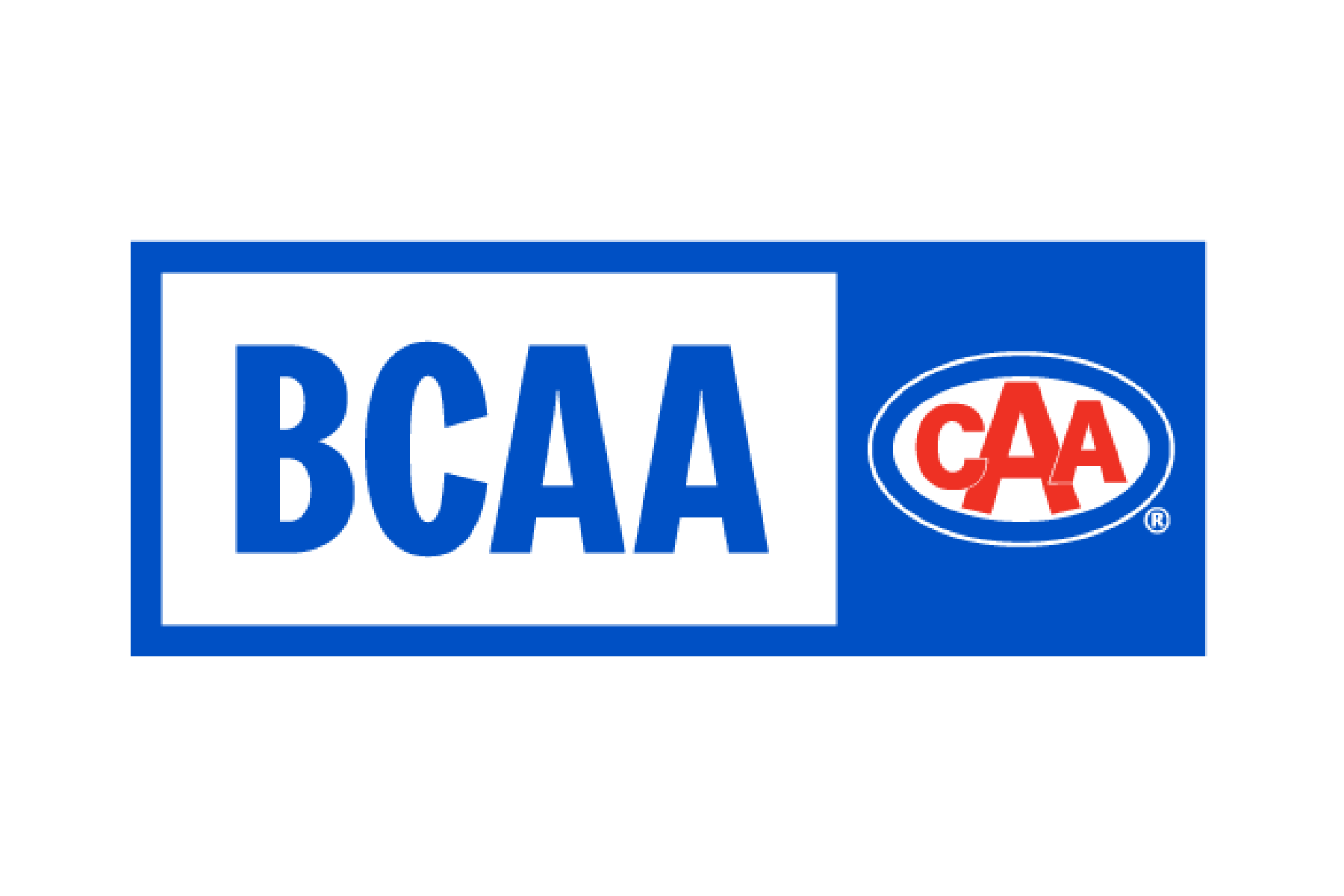
Key Features: Short-term life insurance options, variable coverage amounts
BCAA offers a selection of term, guaranteed, and permanent life insurance. Its term insurance comes in five-year and multi-term plans. While it offers a permanent life insurance policy, you may need to look elsewhere for cash-value policies like whole life insurance and universal life insurance.
| Pros | Cons |
|---|---|
| Coverage amounts span from $50,000 to $500,000 | Low coverage ceiling |
| Convertible into permanent life insurance before age 56 | No cash value life insurance |
BMO Insurance
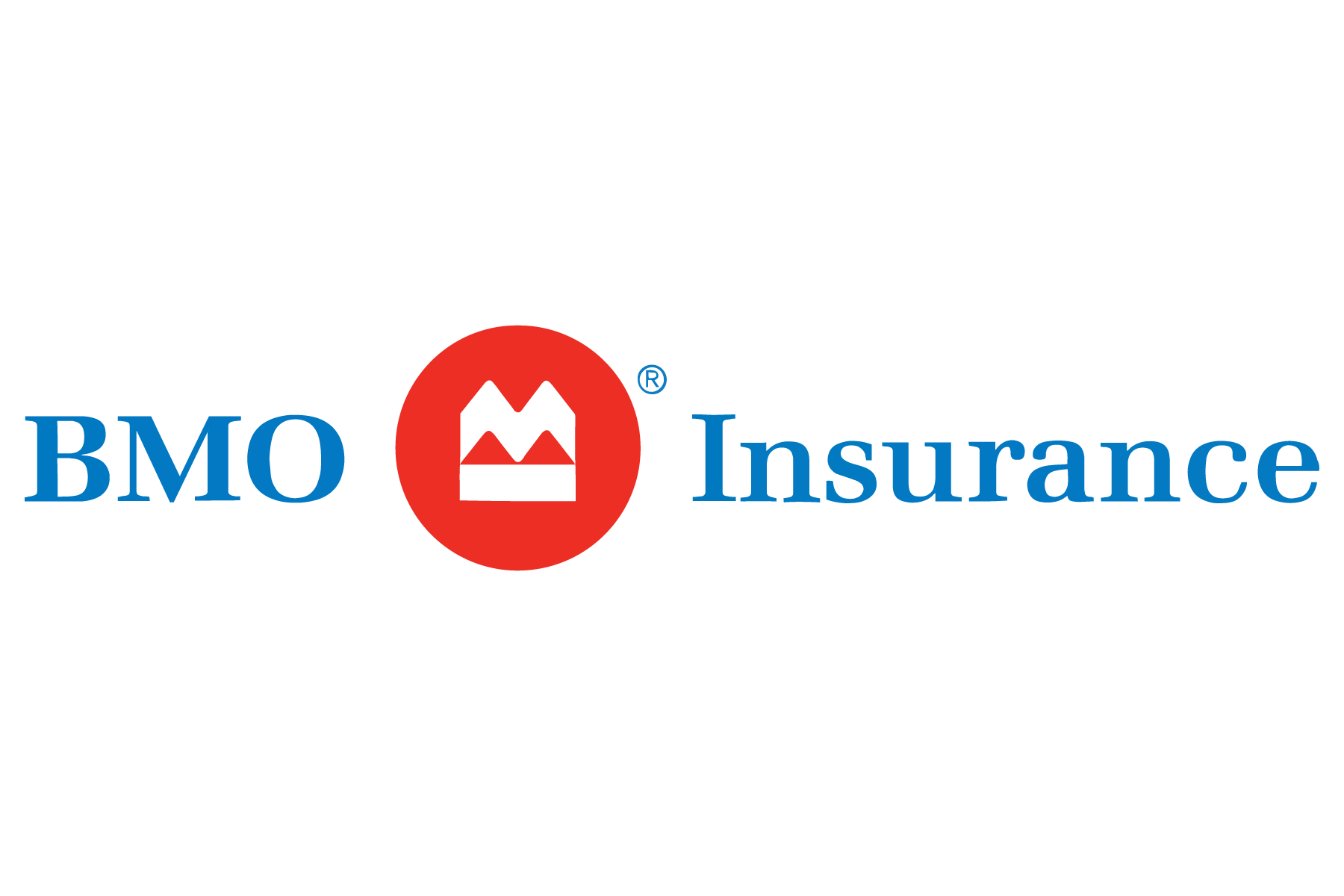
Key Features: Wide selection of insurance investment options, low-rate term policies
Bank of Montreal’s insurance subsidiary offers term and permanent life insurance. Its permanent policy offerings include Term 100 life insurance, whole life insurance, and universal life insurance. If you take its universal life insurance policy, you have over 200 investment options to choose from.
| Pros | Cons |
|---|---|
| Large selection of universal life insurance investment options | Stricter medical requirements |
| Lower term policy rates | Paper-based life insurance application |
Canada Life
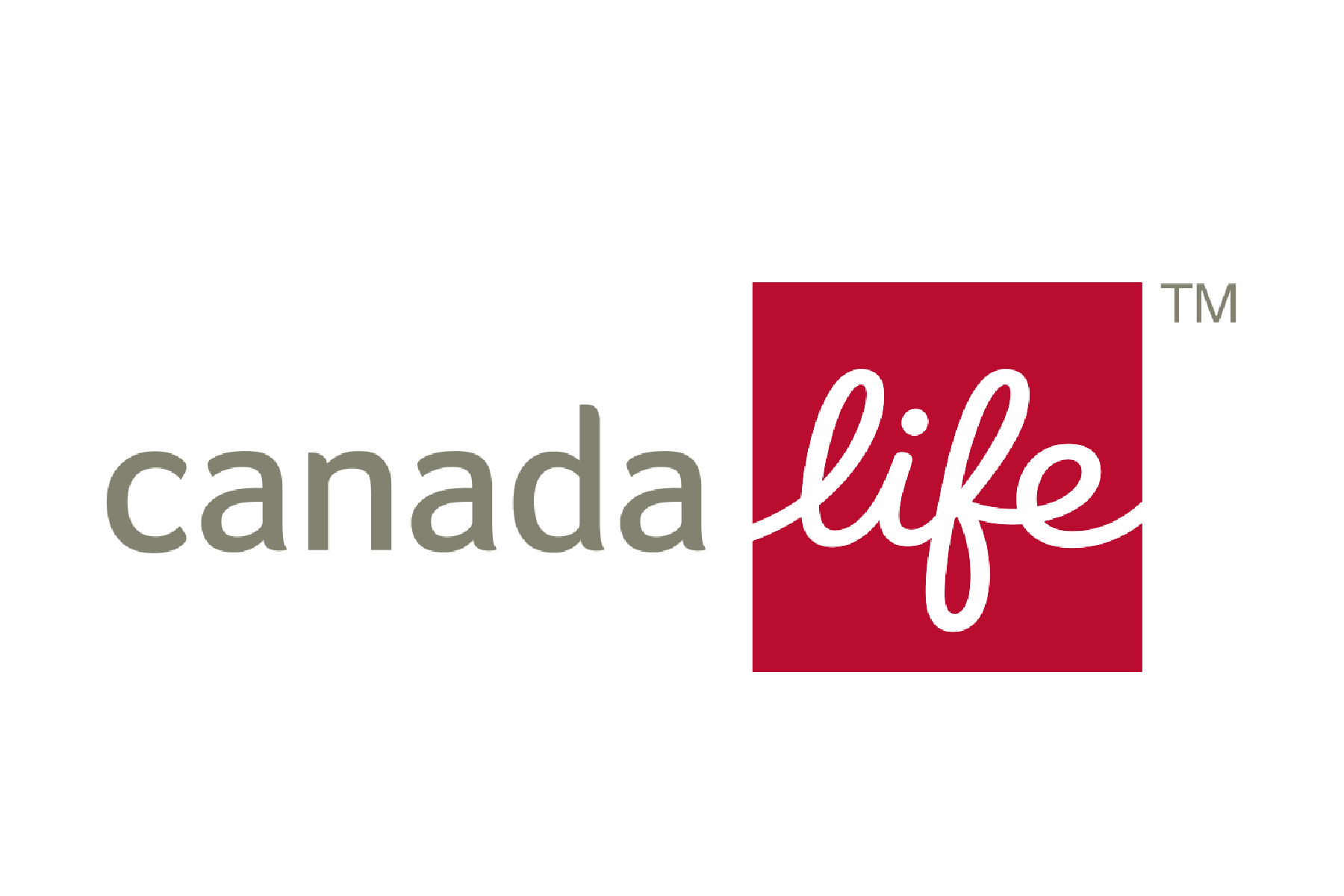
Key Features: Coverage available until 85, term insurance convertible at an old age
One of the country’s oldest insurers, Canada Life offers insurance and wealth management services in many countries in addition to its native Canada. At Canada Life, you can find term and whole life insurance, plus a variety of life insurance riders like accidental death, waiver of premium, and child insurance.
| Pros | Cons |
|---|---|
| Variety of riders | $100,000 minimum insurance coverage |
| Wide age range for insurance coverage |
Canada Protection Plan (CPP)
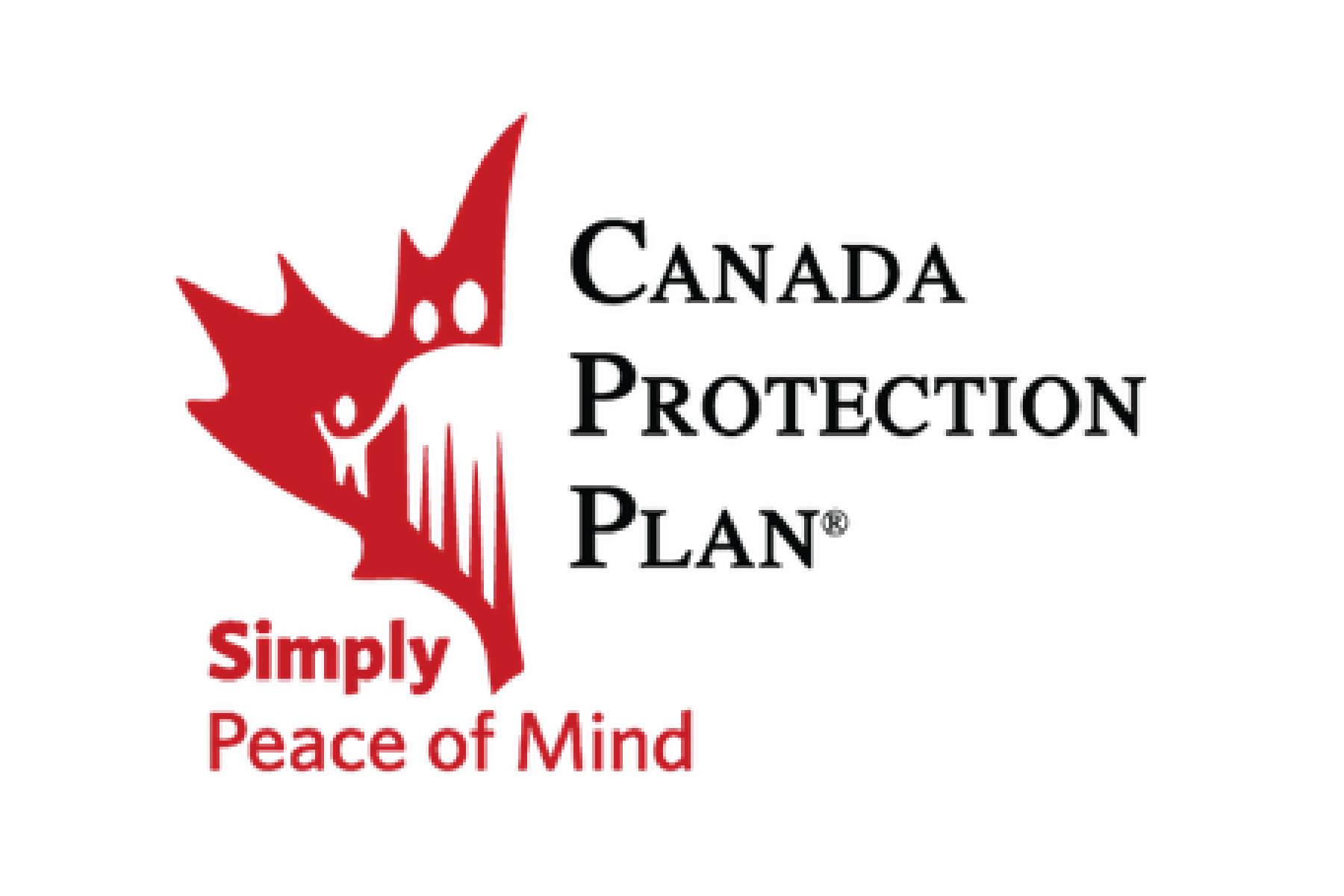
Key Features: Fast approval, easy online applications
Canada Protection Plan is an insurer specializing in no-medical life insurance coverage. This makes it one of the best options if you can’t get insurance coverage anywhere else due to your health.
| Pros | Cons |
|---|---|
| Many no-medical test options | Typically higher premiums |
| Provides coverage for temporary residents |
Canadian Premier/Securian
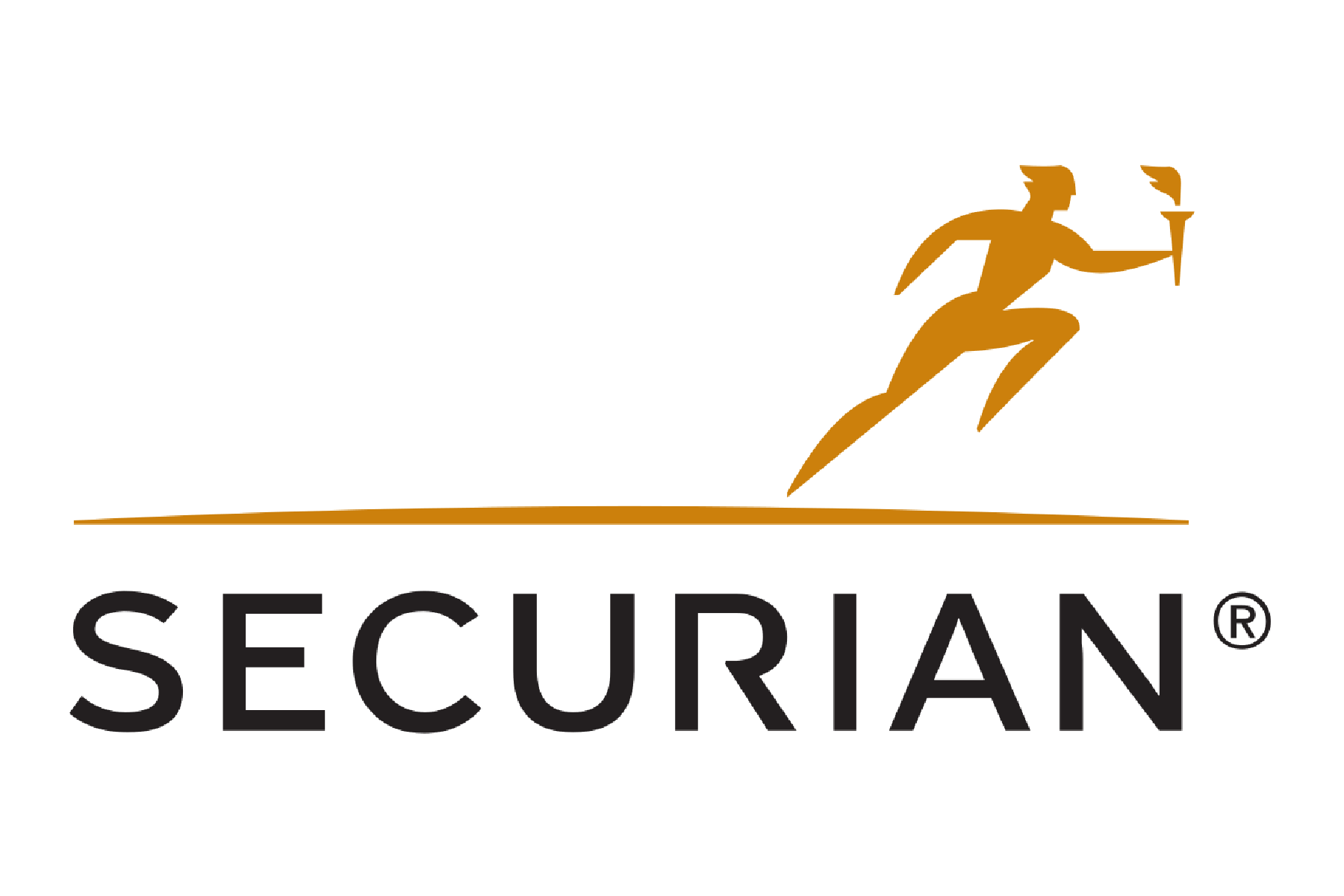
Key Features: High claim payment percentage
Previously named Canadian Premier, Securian provides basic term life insurance at relatively affordable rates. However, Securian is typically only good if you want basic term life insurance and nothing else. Most of Securian’s policies don’t have riders, nor are they convertible or renewable.
| Pros | Cons |
|---|---|
| Reliably pays out customer claims | Lacks life insurance riders |
| Typically lower rates | Can’t renew insurance terms |
UV Insurance
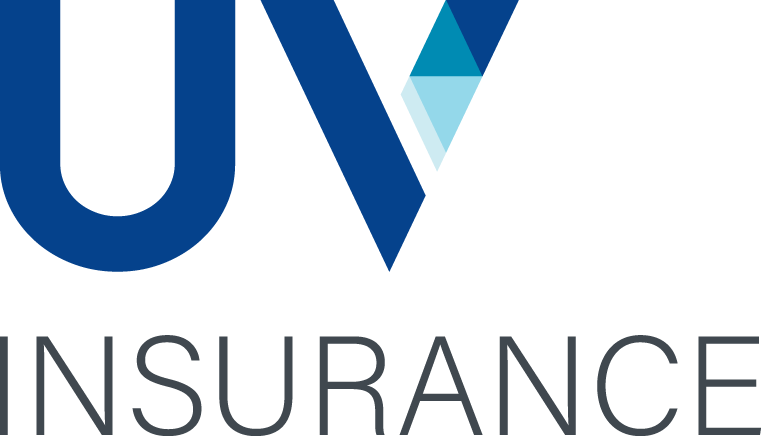
Key Features: Flexible insurance policies, a wide range of group life insurance coverage options
Since 1889, UV Insurance has provided flexible and personalized life insurance, group insurance, and investment products, offering peace of mind for Canadians for over 130 years. With a solid network of independent advisors serving the Canadian market, they deliver high-quality customer service and foster a sense of trust through their long-established financial strength.
| Pros | Cons |
|---|---|
| No medical exams required for certain coverage amounts | Lack of features such as online quote generation |
CIBC Insurance
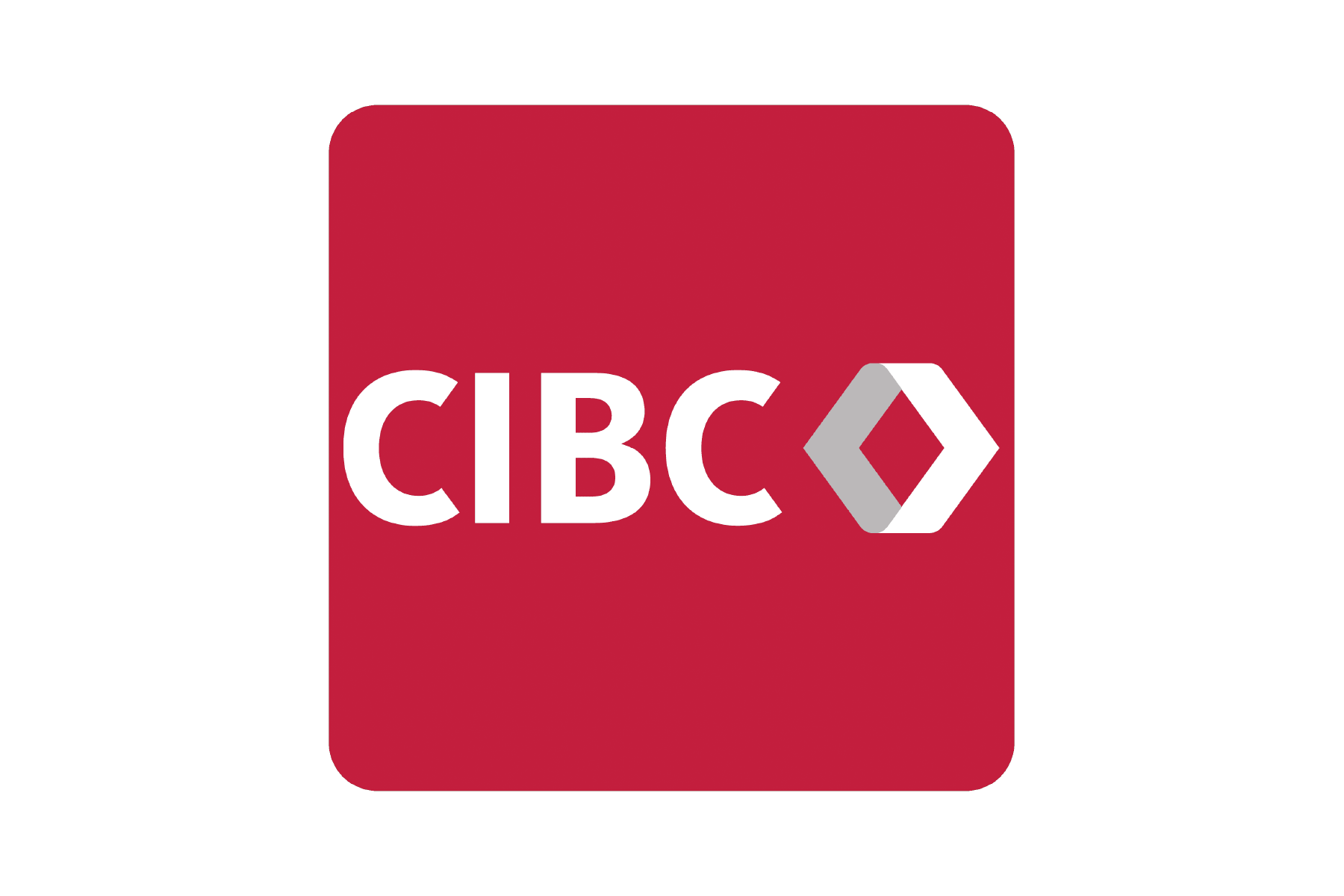
Key Features: Online quotes and applications, convertible policies
While the Canadian Imperial Bank of Commerce (CIBC) is a big name in banking, its life insurance arm is relatively smaller. Primarily, it offers CIBC Term Life and CIBC Critical Illness insurance. The term insurance product provides coverage for 10 or 20 years, but they’re renewable with increasing premiums after each renewal. If you’re looking for insurance in your old age, you can also convert CIBC’s term policy into term 100 coverage at age 75.
| Pros | Cons |
|---|---|
| Full online application and approvals possible | Limited term life insurance options |
| Convertible policies available |
Industrial Alliance
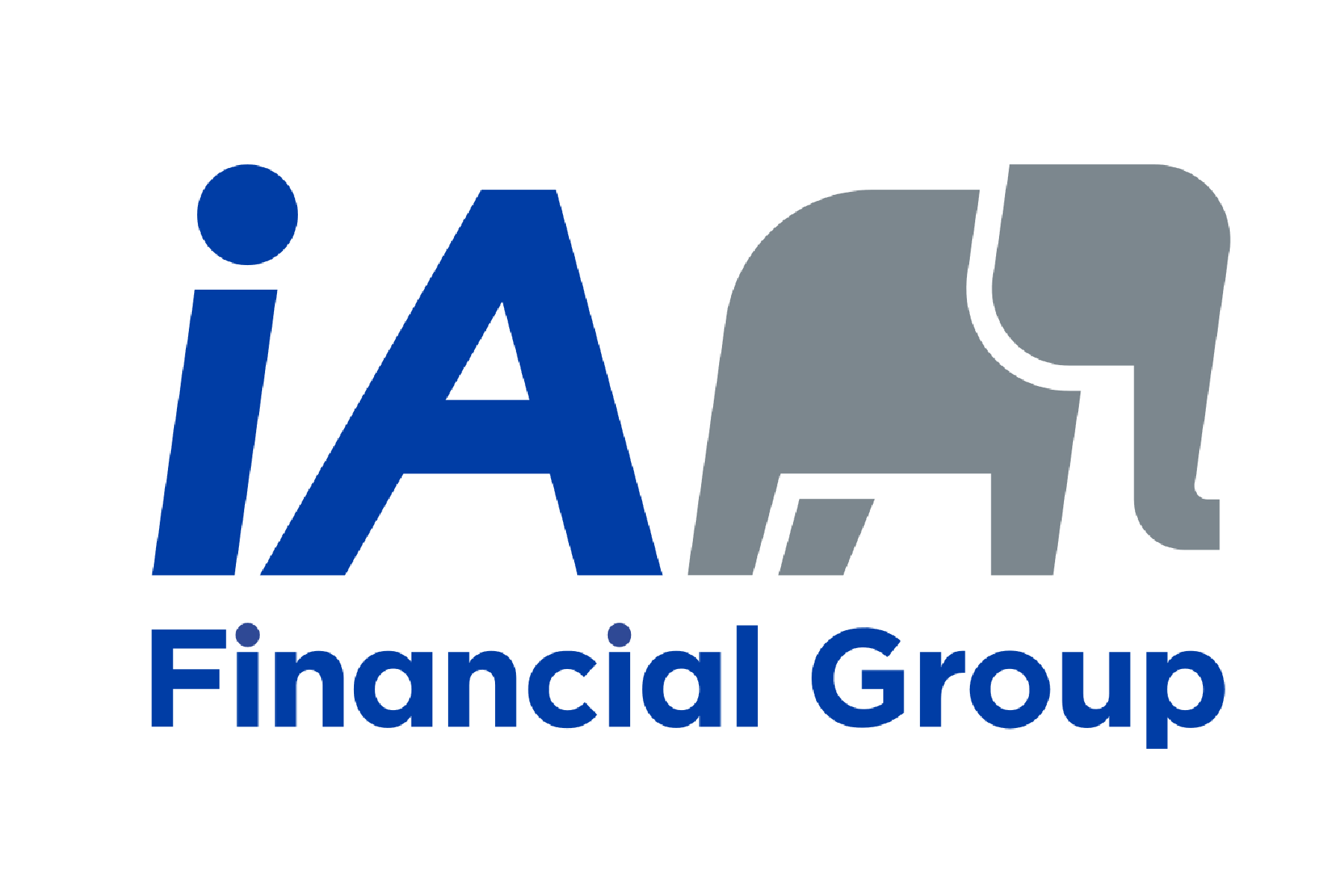
Key Features: Term life insurance up to 40 years, flexible policies
Quebec-based Industrial Alliance is currently the fifth-largest life insurance company in Canada, commanding a 10% share of the individual life insurance market. It offers Pick-A-Term life insurance with coverage periods of up to 40 years, as well as traditional term life insurance with coverage for up to 20 years. Industrial Alliance also has Access Life insurance geared toward those who have difficulties qualifying for coverage due to age, lifestyle, or citizenship issues.
| Pros | Cons |
|---|---|
| Ability to customize insurance coverage | Rates may fluctuate |
| Optional riders available | Premiums can be expensive in comparison to others |
CUMIS
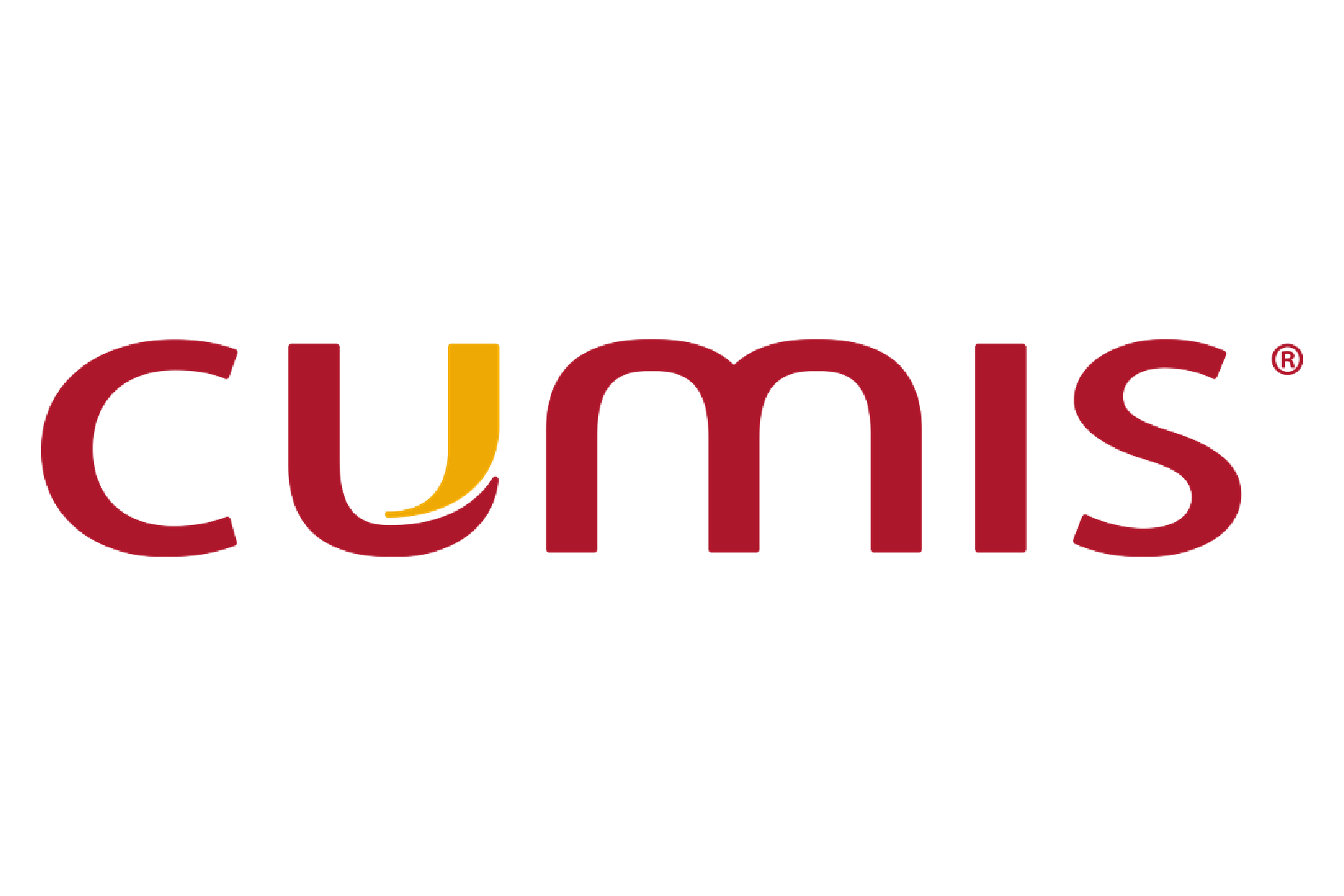
Key Features: Wide policy selection
CUMIS is well-known as an insurance provider to credit unions. In addition to life insurance, it offers home, travel, retirement, and more types of insurance protection. In terms of life insurance, you’ll find term and permanent policies among this company’s offerings.
CUMIS General is a wholly-owned subsidiary of Co-operators General Insurance Company.
| Pros | Cons |
|---|---|
| Potential for preferred rates | No online quotes |
Desjardins
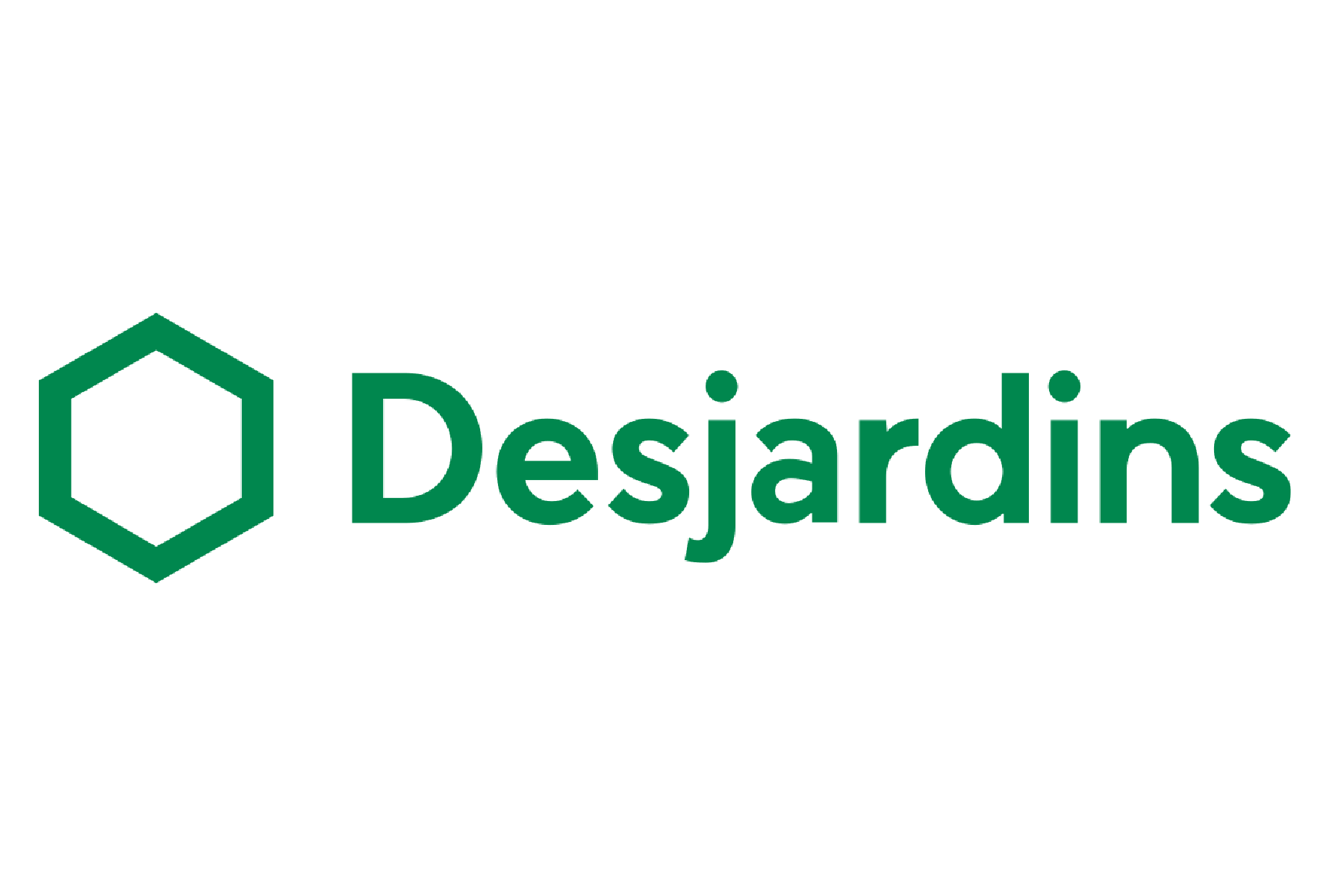
Key Features: Numerous agent locations, wide selection of insurance products
Desjardins is one of Canada’s largest financial institutions. Its life insurance arm sells policies through over 6,000 financial advisors and agents across the country. It offers many types of life insurance policies, including four types of term life insurance.
| Pros | Cons |
|---|---|
| Reputable company | Limited term insurance optins |
| Large selection of life insurance products | Not the most affordable |
Empire Life
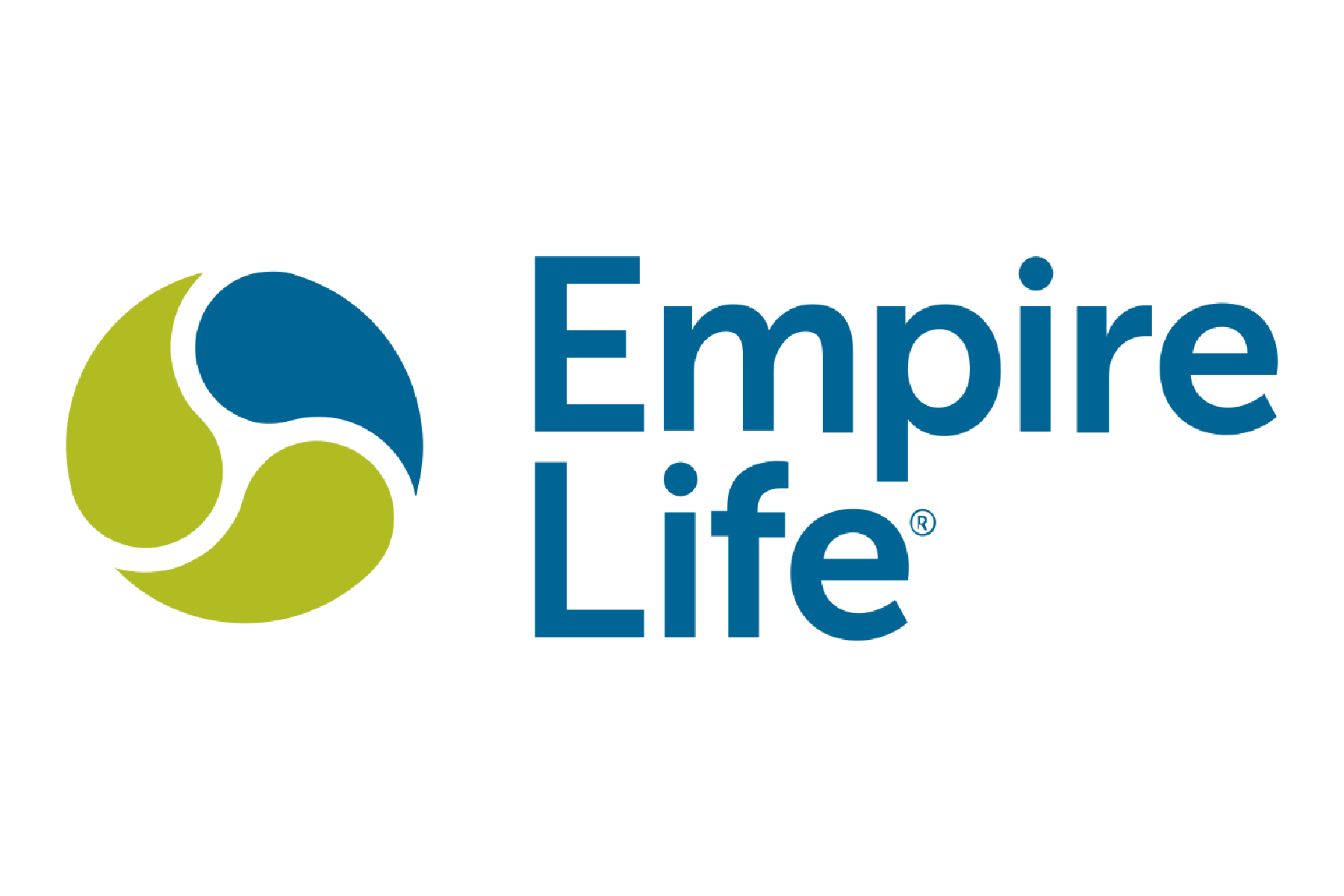
Key Features: Competitive insurance rates, good product selection
Empire Life is one of the largest insurance companies in Canada, and it’s won the Life and Health Insurer of the Year award four times. Empire Life offers a wide range of insurance products, from term to whole life coverage. However, it doesn’t offer universal life insurance coverage.
| Pros | Cons |
|---|---|
| High-term coverage amounts | Lacks universal life insurance |
| Wide variety of insurance products | No online quotes |
Equitable Life
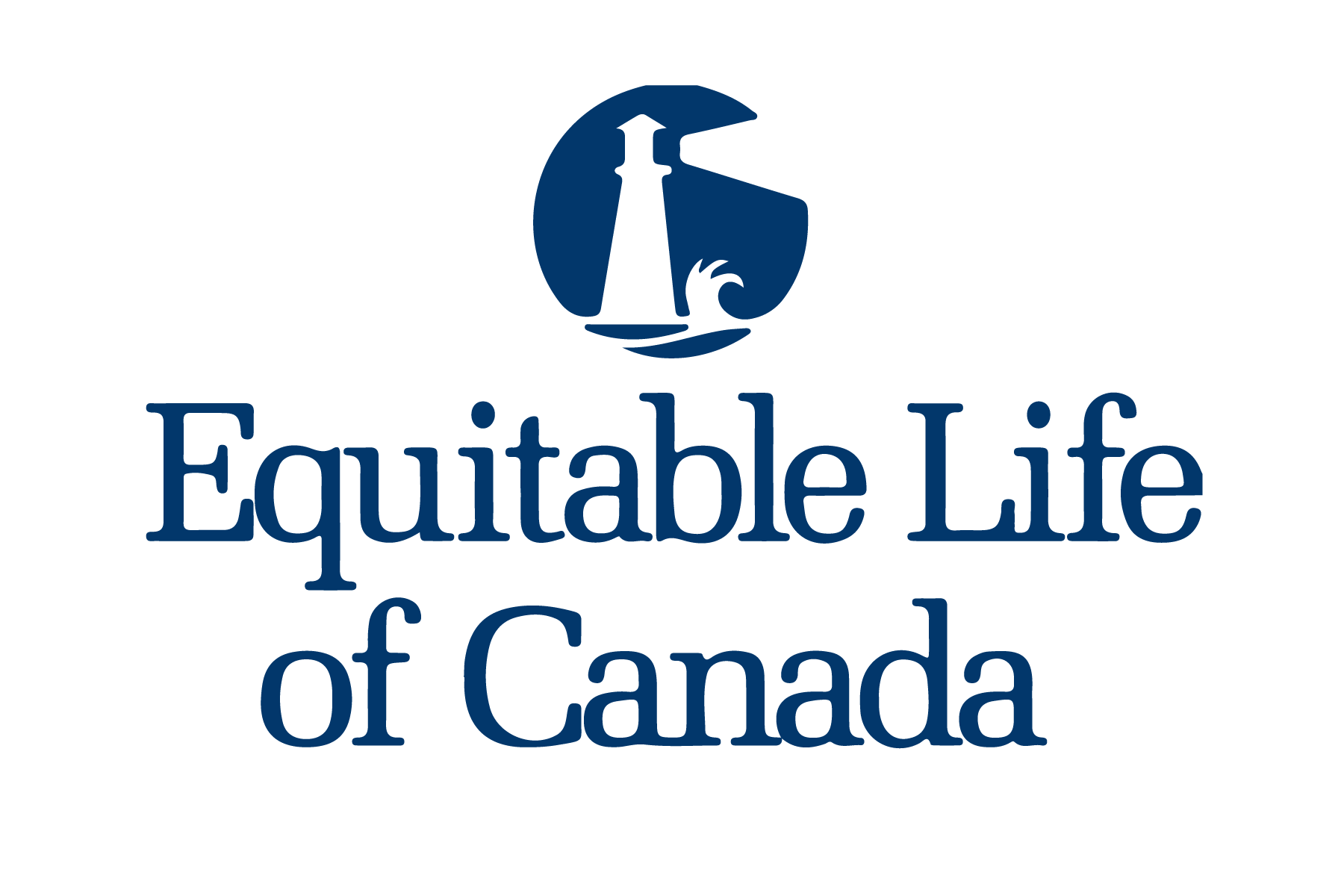
Key Features: Combined life and critical illness insurance, flexible policies
Equitable Life of Canada is one of the largest mutual life insurance companies in the country. It offers many low-cost term and whole life insurance products to meet various needs. Whether you’re looking to protect your family’s finances or your company’s future, Equitable Life likely has the insurance policy for you.
| Pros | Cons |
|---|---|
| Life insurance and critical illness insurance can be combined | Limited selection of term policies |
| Supports family life insurance planning |
Foresters
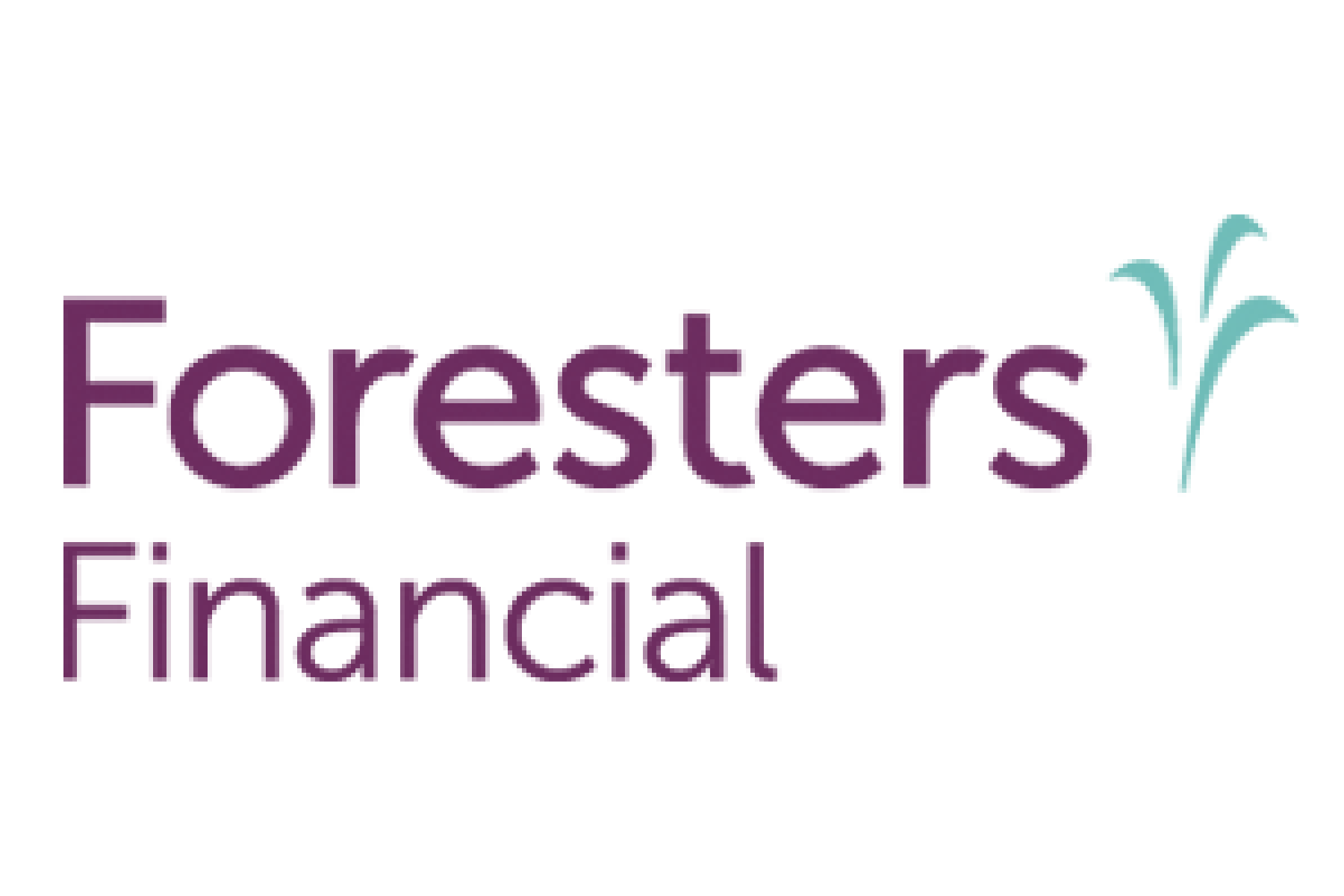
Key Features: Term life insurance up to 40 years, flexible policies
Foresters offers its customers the flexibility of converting their term policies into whole-life policies. Better yet, you can convert a Foresters term policy into a permanent one without any medical underwriting. In addition to its convertibility, Foresters also offers various optional riders like children’s insurance, accidental death benefits, and waiver of premium riders. They also offer an incentive for smokers who are looking to quit.
| Pros | Cons |
|---|---|
| Good selection of optional riders | High-term insurance prices |
| Provides convertible insurance policies | No online portal for policies |
Specialty
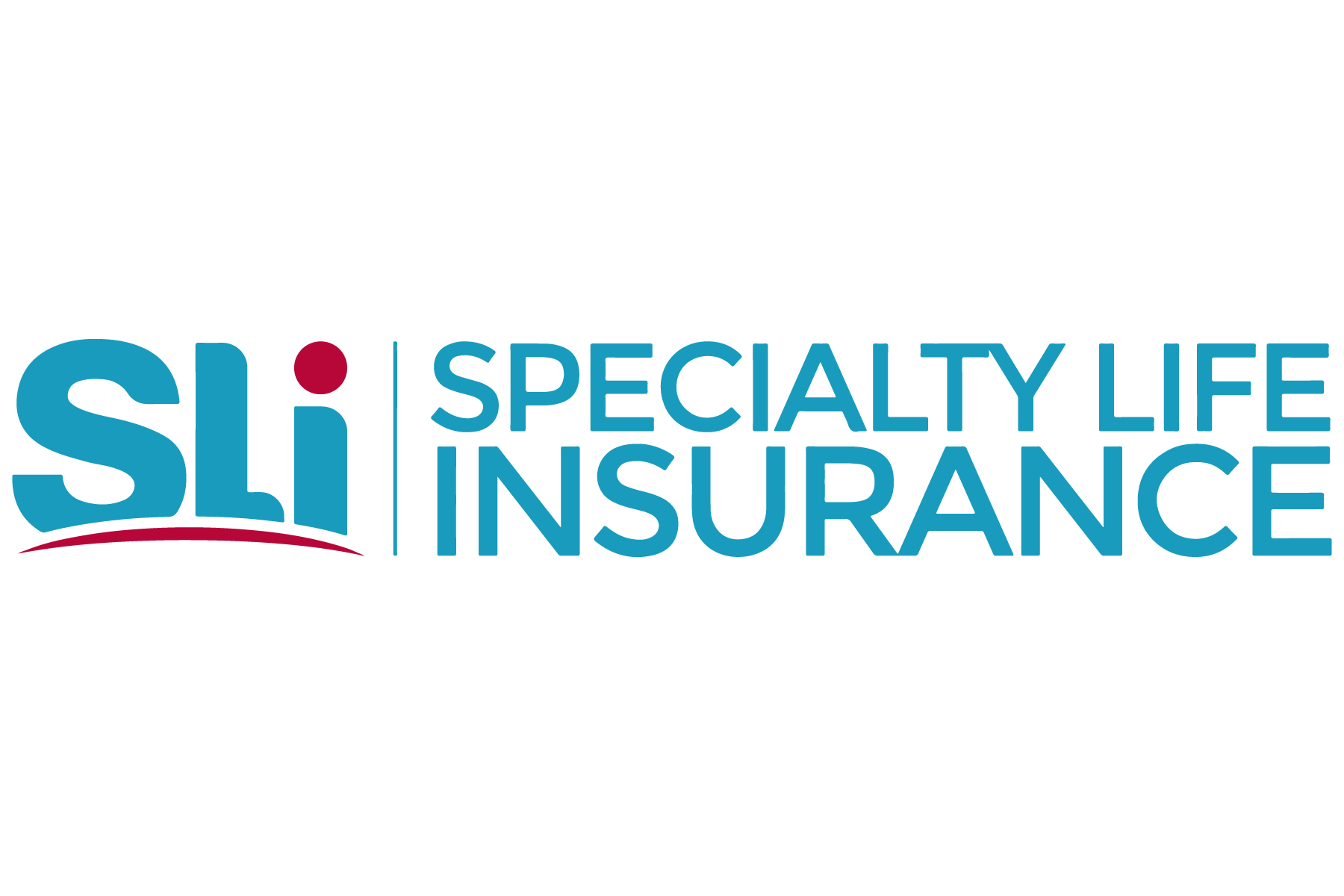
Key Features: No-medical life insurance, great for seniors
Specialty’s specialization is its no-medical life insurance products. It also provides other insurance products geared toward older people or those with pre-existing medical issues through its critical illness, final expense, and accidental death protection.
| Pros | Cons |
|---|---|
| Specializes in no-medical life insurance | Relatively higher rates |
| Many options for older people |
Co-operators

Key Features: Great online services provide lots of information to their clients
The Co-operators Insurance is a Canadian insurance co-operative founded in 1945 by farmers in Saskatchewan. It is owned by 46 member organizations, including co-operatives, credit union centrals, and representative farm associations. They offer life, auto, business, travel, and property insurance through their brokers all over Canada.
| Pros | Cons |
|---|---|
| Detailed descriptions of various life insurance products | Lack of information on coverage amounts and policy specifics |
| Tools like the life insurance calculator and articles on topics helping customers understand their options |
Humania
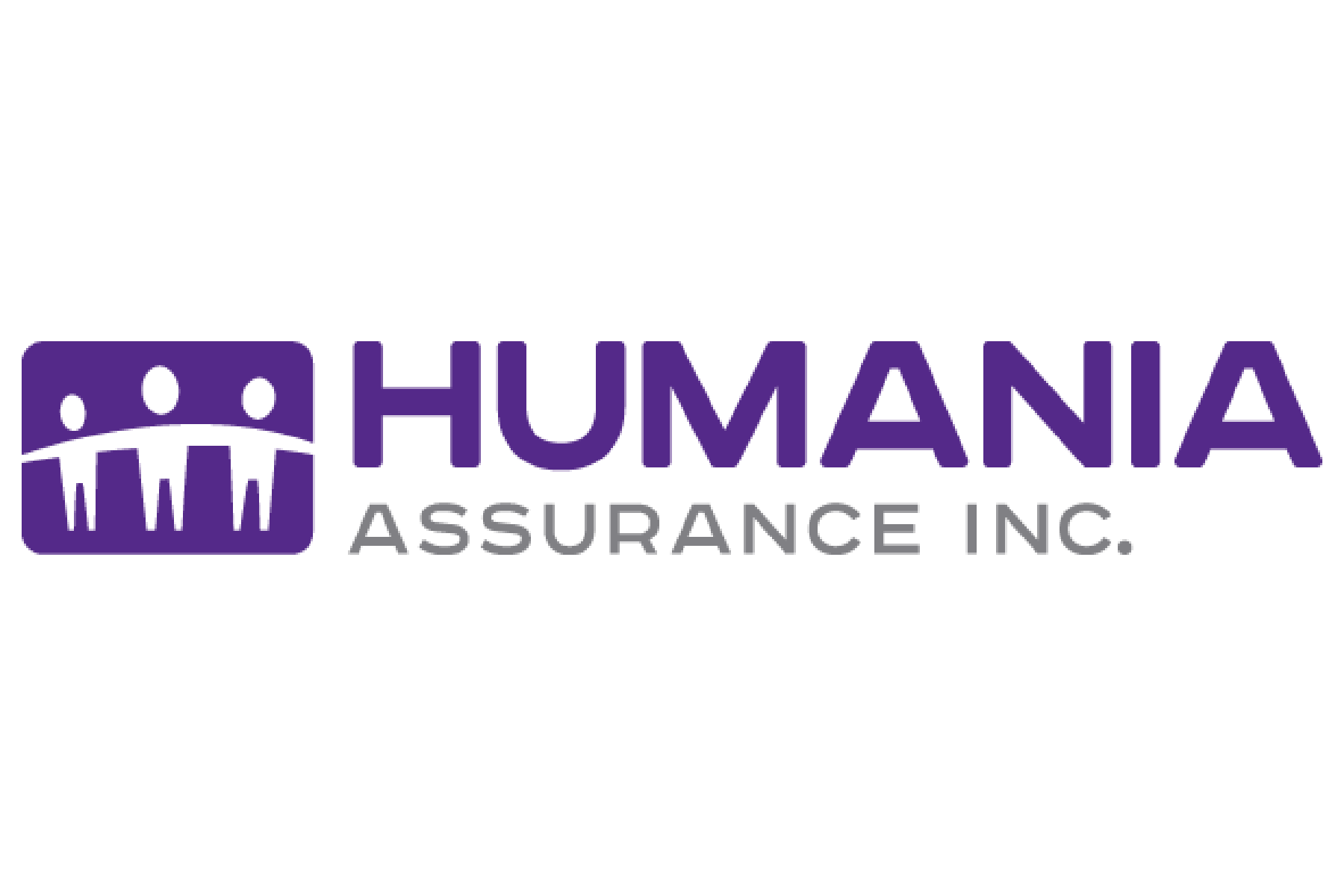
Key Features: Quick application processing, term insurance extensions
Humania’s HuGo Life Insurance promises quick application acceptance with as few requirements as possible. It’s a web-based, paperless insurance product that can get you insured in as fast as 15 minutes. Humania also has HuGo Critical Illness and Debt Insurance, which you can get without extra requirements if you’re accepted for life insurance coverage valued above $100,000.
| Pros | Cons |
|---|---|
| Possibility to extend insurance terms | Convertible insurance options only available until age 65 |
| Most customers get insured in under 45 minutes | No online portal for policies |
Ivari
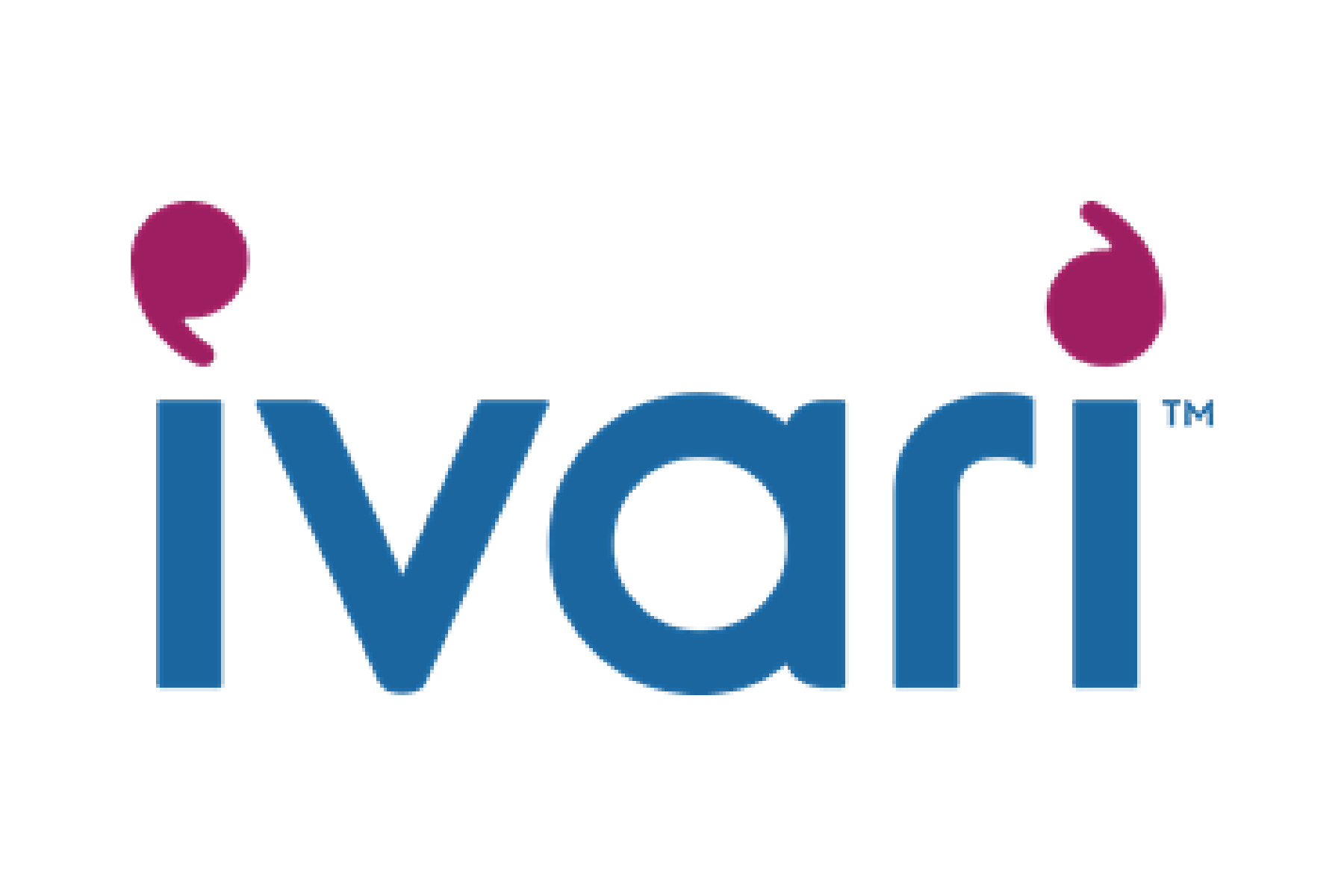
Key Features: Term life insurance up to 40 years, flexible policies
Ivari offers term life, critical illness, and universal life insurance. Its term insurance is available in 10, 20, and 30-year periods and features level premiums for your entire term. You can either buy a single policy or purchase a joint policy with up to five insured names.
| Pros | Cons |
|---|---|
| Good selection of riders | Limited universal life insurance features |
| Robust online capabilities | Relatively higher premiums |
Manulife
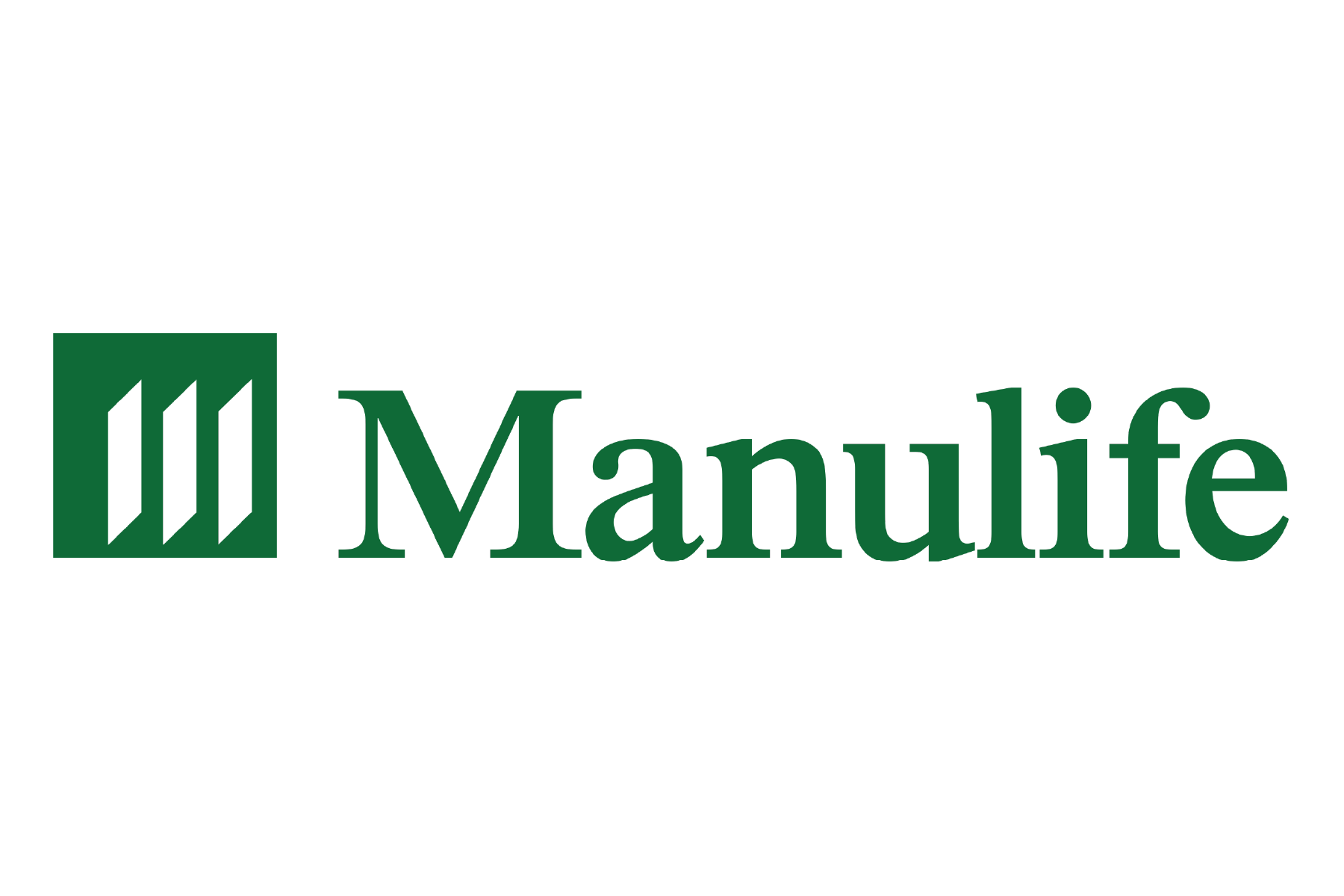
Key Features: Fast policy approvals, robust online service
Manulife is the largest life insurance provider in the country, offering many types of life insurance products for all kinds of customers. It offers four coverage choices: Term-10, Term-20, Term-65, and Term-Life. They all offer level premiums and are convertible into a permanent policy without requiring you to pass a medical exam.
| Pros | Cons |
|---|---|
| Provides a cash advance if you’re diagnosed with a terminal illness | High premiums compared to its peers |
| Provides convertible term policies | Limited term options |
Blue Cross
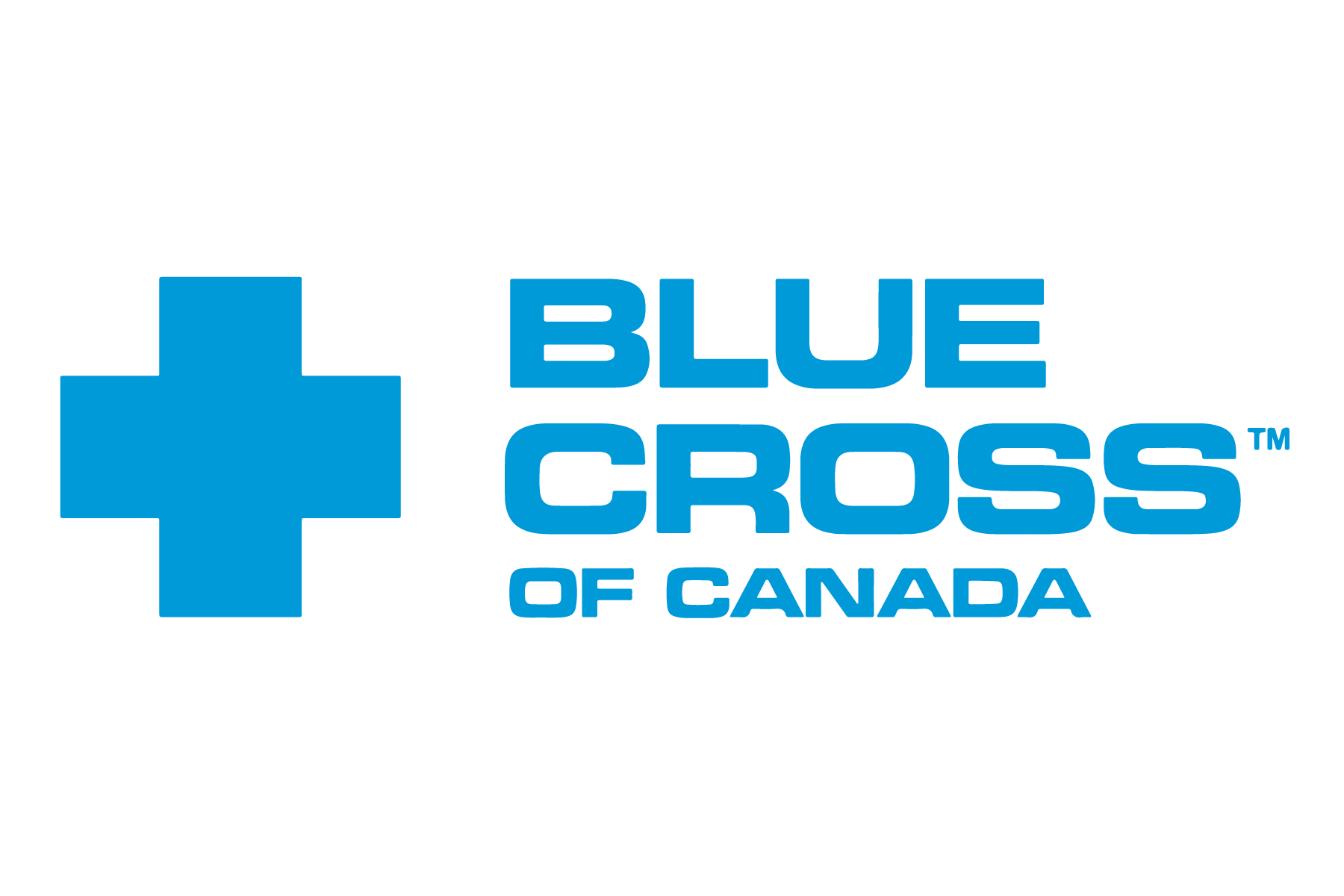
Key Features: Small coverage support, customizability
Blue Cross is part of an international network of nonprofits aiming to provide insurance coverage to people in Canada. Its flagship product is the Tangible Hybrid Protection, which blends facility coverage and a choice of life, critical illness, disability, or loss of autonomy coverage.
| Pros | Cons |
|---|---|
| Supports coverage amounts as small as $5,000 | Customers reported many issues with its customer service |
| Robust policy customizability |
Primerica
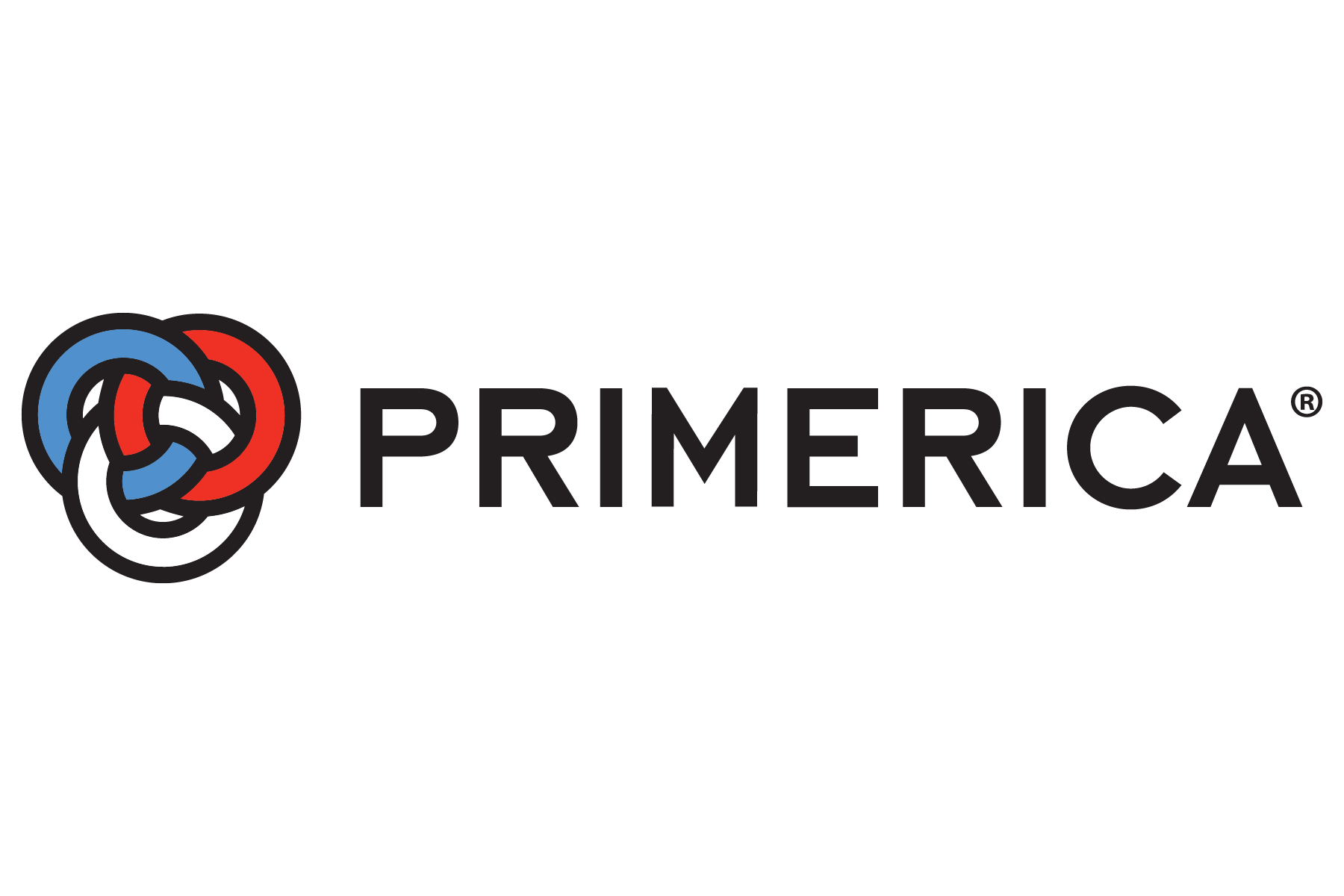
Key Features: Customizable policies, financial education
Primerica only offers term life insurance, but you can tailor the benefits to your needs by talking to one of its agents. Its term policy covers you for up to 30 years and provides a maximum of $300,000 of financial coverage.
| Pros | Cons |
|---|---|
| Robust online capabilities | Only term coverage available |
| Customizable coverage | Maximum coverage capped |
RBC Insurance
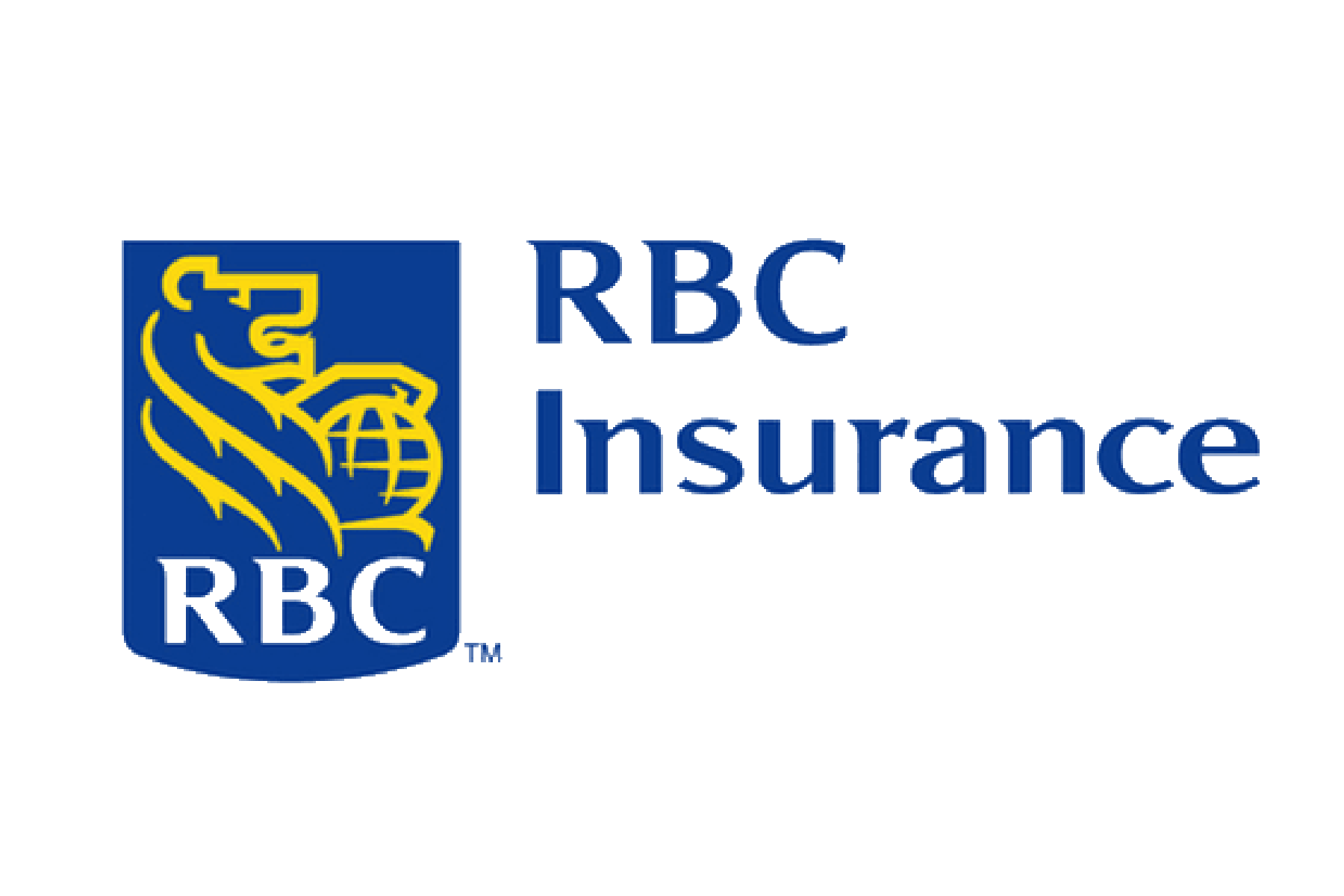
Key Features: Insurance renewability and convertibility
The Royal Bank of Canada’s insurance arm offers two main insurance products: Term life insurance and term 100. Both types of policies are renewable and convertible, giving them extra flexibility. Generally speaking, RBC’s insurance rates are quite competitive with those of its peers.
| Pros | Cons |
|---|---|
| Renewable and convertible term policies | Expensive rates for people with pre-existing medical conditions |
| Competitive rates | Only available to Canadian PR residents or citizens |
Scotia Insurance
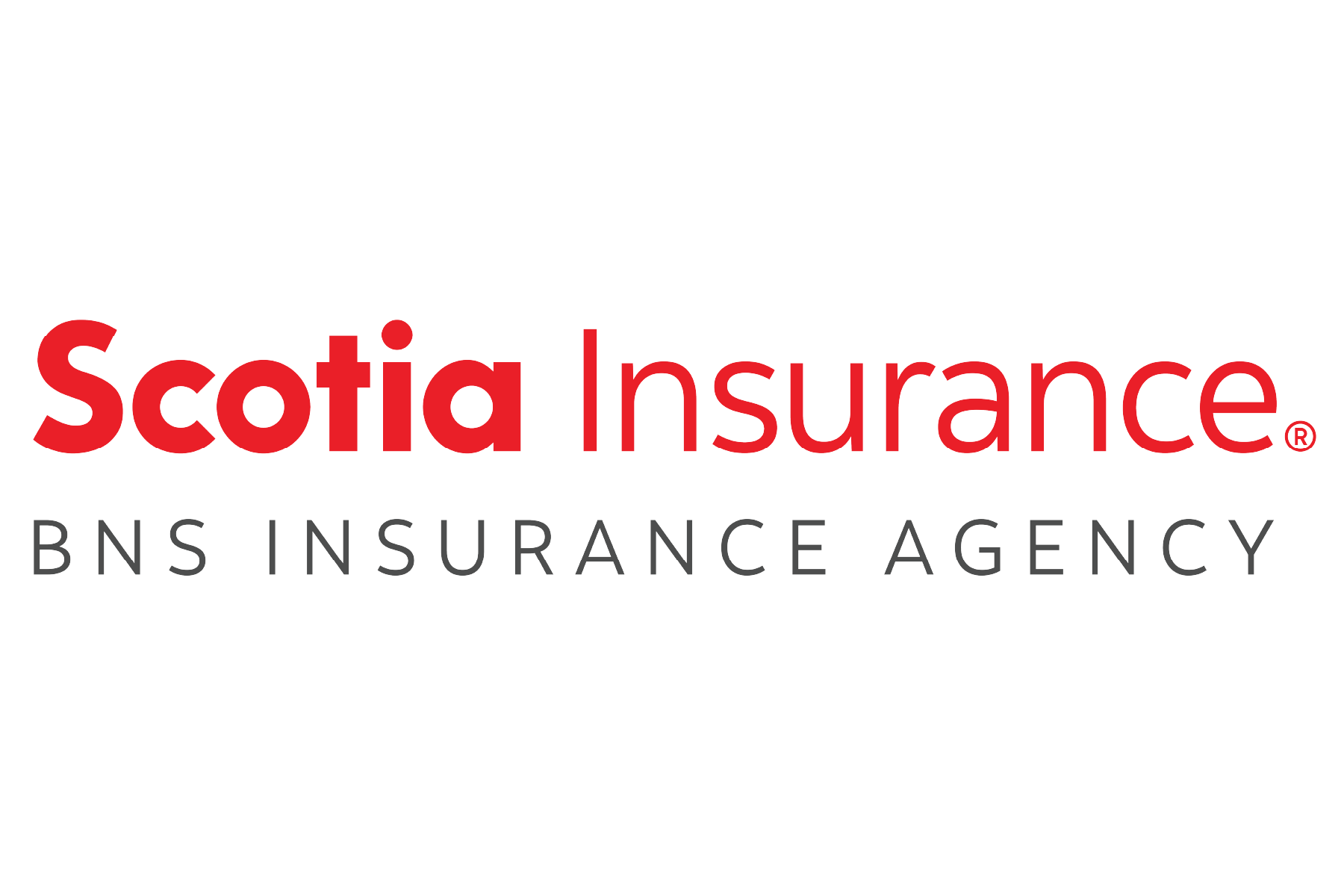
Key Features: Flexible premium payments, level premiums
Scotiabank’s life insurance arm only offers term life insurance and not permanent life insurance, but it gives term insurance customers a lot of benefits. For instance, you can dictate your payment frequency according to your needs, and the insurer also guarantees level rates throughout your term.
| Pros | Cons |
|---|---|
| Choice to pay premiums on a monthly, quarterly, semi-annual, or annual basis | Limited insurance product selection |
| Guaranteed level premium payments |
Sun Life
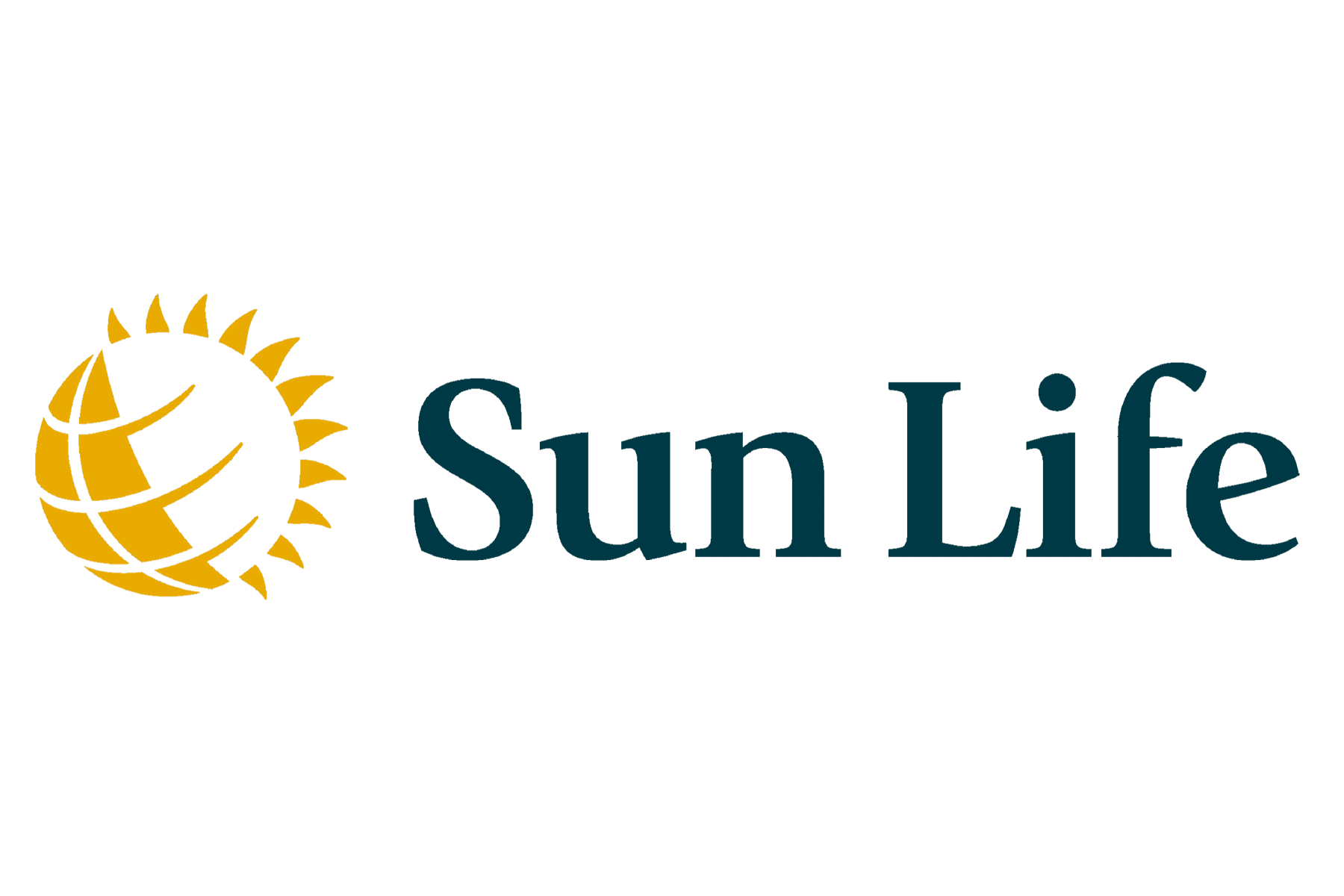
Key Features: Succession planning, large dividend scale
Sun Life is geared more toward high-net-worth individuals, so its whole and universal life insurance policies have higher rates than its peers. If you’re looking to build your net worth further or invest with your life insurance policy, Sun Life is well worth considering.
| Pros | Cons |
|---|---|
| Customizability through riders | High insurance rates |
| Term policies are convertible up to age 75 | Strict underwriting process |
Wawanesa
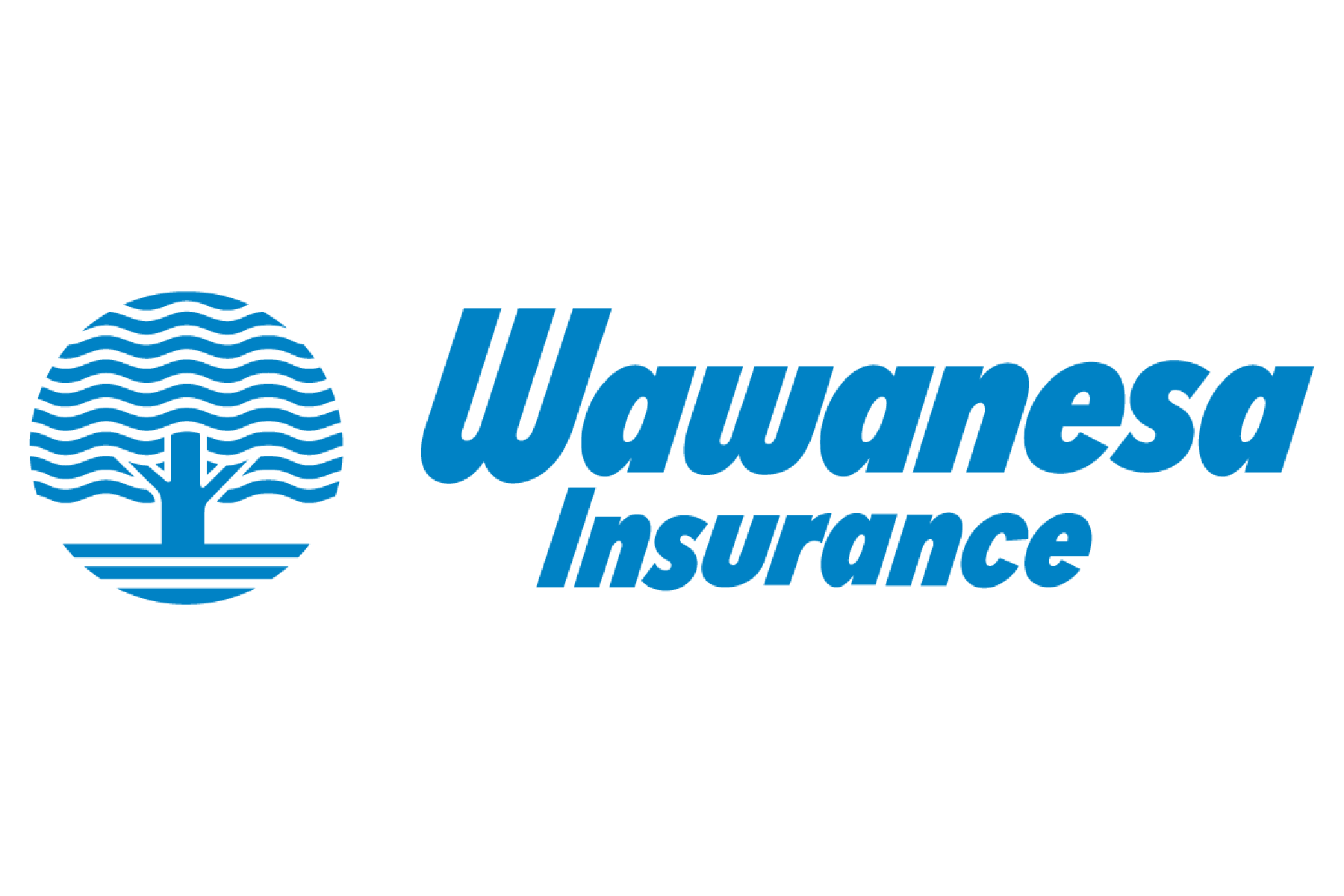
Key Features: Strong physical presence, renewable term policies
Wawanesa offers a wide variety of insurance products, from life, farm, auto, to commercial business. Its life insurance arm is still relatively small, but it’s well-known for its affordable rates and large variety of term policies, which can cover you up to age 100.
| Pros | Cons |
|---|---|
| Good-term policy selection | Long coverage periods often have high premiums |
| Relatively affordable premiums for its shorter-term coverage | Often unavailable through independent brokers |
How to Choose a Life Insurance Policy in Ontario
There’s no one best life insurance policy that works for everybody. Every person has unique circumstances and protection needs, which means you need to research which kind of life insurance is right for you.
To help you with that research, here are personal factors that influence your life insurance rates. We’ll also discuss essential considerations when buying life insurance.
Factors Influencing Your Life Insurance Rates
These are several of the key determining factors when insurers calculate your premiums:
- Age: Age affects your life insurance costs because older people are typically more prone to disease. If you’re of especially advanced age, some insurers may deny you coverage altogether.
- Gender: Statistically, women have longer life expectancies than men, so they may receive lower insurance rates.
- Health: Since life insurance companies calculate your rates by assessing your risk of illness or death, your health is essential. Healthier people often find it easier to get insured for lower rates.
- Smoking status: Smoking is commonly a determining factor of your insurance rates because smoking greatly increases your risk of serious diseases like lung cancer.
- Lifestyle: Having risky hobbies like skydiving or working dangerous jobs like firefighting increases your insurance rates because you’re often more at risk of getting injured or dying.
Determining What Kind of Policy to Buy
What do you need to consider when choosing a life insurance policy? Here are several essential things to think about when shopping for life insurance:
- Dependents: How many people depend on you for financial stability? If you have many dependents, you may need to increase your insurance coverage amount.
- Financial obligations: If you have major debt like a mortgage, you don’t want to leave your family with the bill. Be sure to choose a coverage amount that’ll pay your debts off.
- Coverage amount: It might be tempting to choose the highest amount of coverage possible, but this may make your rates prohibitively expensive. Choose enough coverage to pay off your debts and ensure your family’s financial stability.
- Policy type: Term life insurance is usually cheaper but only covers you for a limited time. Whole life insurance gives you lifelong coverage, but it’s typically more expensive. Choose the policy type that fits your protection needs and budget.
- Investment needs: Some policy types, like universal life insurance, can be used for investments, so consider whether you just want life insurance protection or if you would like to invest with your policy. For more information, you can check our guide on whether life insurance can be used as an investment.
- Health examination: If you have a pre-existing health condition, you may have a harder time qualifying without applying for no-medical life insurance.
How Do You Buy Life Insurance in Canada?
You can buy life insurance in Canada by contacting insurance providers. There are many types of insurance providers you can buy from, which are:
How Do You Make a Life Insurance Claim in Canada?
To make a life insurance claim in Canada, beneficiaries need to contact the insurer when the policyholder passes. It’s generally a straightforward process, but we’ll cover the steps one by one:
Methodology for Selecting Life Insurance Companies
Life insurance, being a critical component of financial planning, requires a methodology that considers the unique factors influencing policy selection, including coverage options, financial stability of the insurer, customer service, and additional benefits. Here’s what we looked at when selecting our top life insurance companies in Canada:
Customer Ratings and Satisfaction
- Customer Feedback: We prioritise customer reviews and testimonials to evaluate satisfaction levels, trustworthiness, and the insurer’s reputation in handling claims and customer service interactions.
- Financial Stability and Reliability: Assessing the financial strength of insurance companies through ratings from independent agencies (such as AM Best or Standard & Poor’s) ensures they can meet their long-term obligations to policyholders.
Coverage Options and Policy Flexibility
- Diverse Life Insurance Products: We look for companies offering a wide range of life insurance products such as term life, whole life, universal life, and specialised policies to cater to different financial needs and goals.
- Customisation and Riders: The availability of policy customisation through riders (additional benefits that can be added to a policy) such as critical illness cover, waiver of premium, and accidental death benefit is also a crucial criterion.
Pricing and Value
- Competitive Premiums: Analysing the pricing structure across companies to ensure competitive rates for various coverage levels and policy types.
- Discounts and Rewards: Consideration of discounts or rewards programmes for healthy lifestyles, non-smokers, or bundling policies, which can offer additional value to policyholders.
Customer Service and Claims Process
- Accessibility and Support: Preference for companies with robust customer support, including multiple contact channels (phone, online, in-person), 24/7 availability, and efficient policy management platforms.
- Claims Processing: Evaluation of the claims process for its efficiency, fairness, and speed, based on customer feedback and industry reviews.
Additional Benefits and Features
- Innovative Services: Looking for insurers offering unique services such as online health resources, wellness programmes, or advanced digital tools for policy management and beneficiary support.
- Policy Portability and Conversion Options: The ability to adjust policies based on changing life circumstances without losing coverage is also valued.
Continuous Monitoring and Updating
- Ongoing Evaluation: Committing to regular review and updating of our rankings to account for industry shifts, such as new policy offerings, company mergers, or changes in financial stability, ensuring our list remains relevant and accurate.
By adopting this detailed and multi-faceted methodology, we aim to provide a curated list of life insurance companies in Canada that not only offer financial security and comprehensive coverage options but also prioritise customer satisfaction and service excellence. Our objective is to empower individuals with the knowledge to choose the best life insurance provider for their specific needs and life goals, offering peace of mind and financial protection for themselves and their loved ones.
FAQs
What is a life insurance rider?
Life insurance riders are supplementary features that enhance and personalize your policy’s protection. These add-ons introduce added flexibility and advantages not inherently available within your policy. For instance, you might incorporate a rider allowing for the postponement of premium payments in the event of disability, or another enabling the addition of extra coverage in the future without undergoing a health check. While integrating riders into a life insurance policy typically raises the premium, this is not universally the case.
What is the most trusted life insurance company in Canada?
Sun Life and Manulife are among the most reputable life insurance providers with a longstanding presence in Canada. Thanks to their extensive experience, widespread popularity, and established credibility, choosing a policy from either company assures you of the security and reliability of your coverage plan.
What is the cheapest life insurance in Canada?
The most affordable form of life insurance in Canada is term life insurance. This is because the coverage is for a limited period, and the policies lack additional features such as a savings and investment component that are found in whole life insurance policies, resulting in lower premiums. The cost of life insurance premiums varies based on individual and policy specifics. Typically, the most favourable rates for life insurance are available to those who are:
– In good health
– Non-smokers
– Female
How much life insurance should I be buying?
It’s essential to secure an adequate amount of life insurance to support your family’s financial requirements. A commonly suggested guideline is to opt for a coverage amount that is 10-12 times your yearly earnings, though your specific needs might necessitate a higher amount. To accurately determine the optimal amount of life insurance for your circumstances, consider utilizing a life insurance calculator. This tool will pose several questions to gauge your needs and then recommend the most appropriate coverage level for you.








